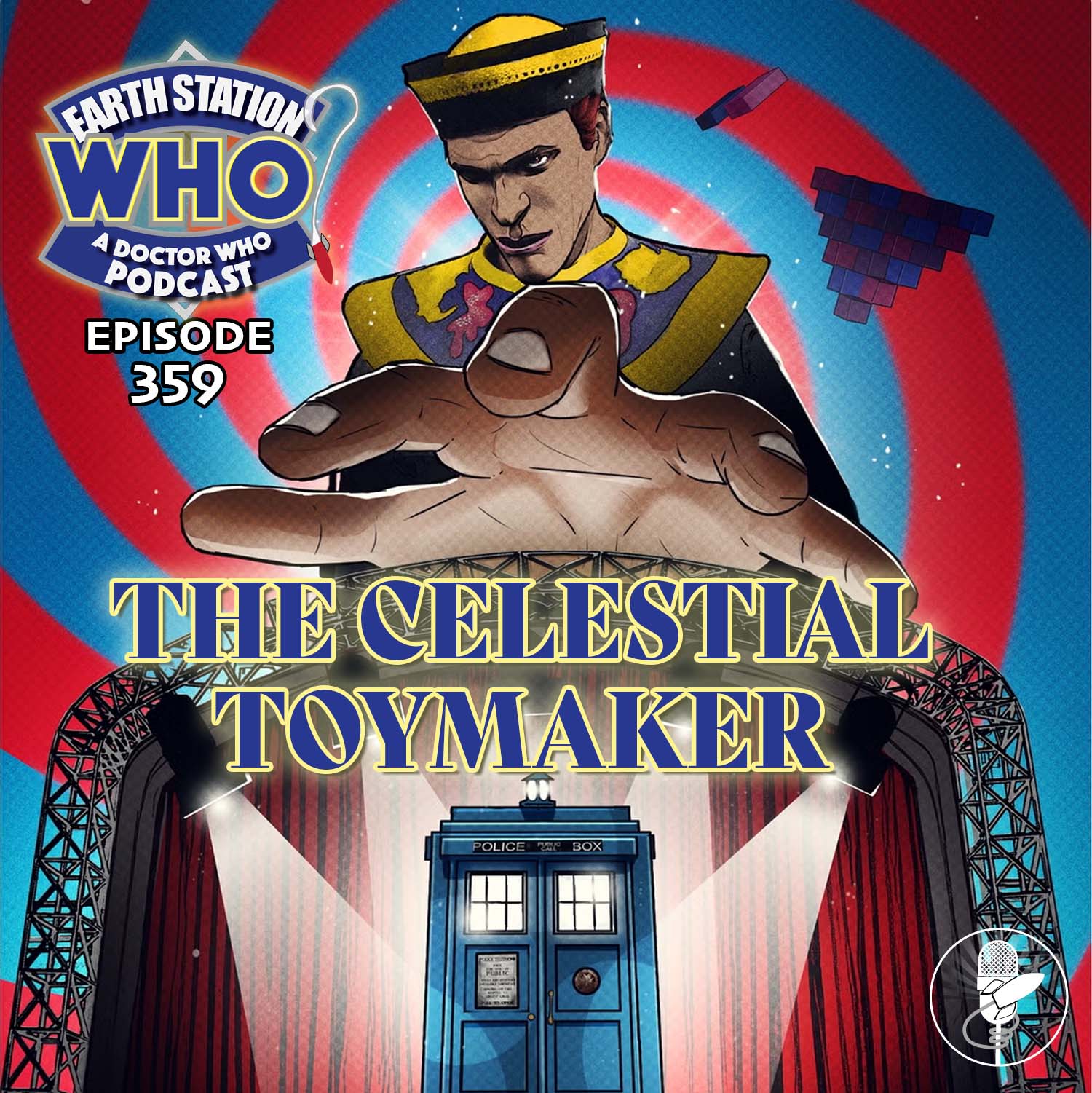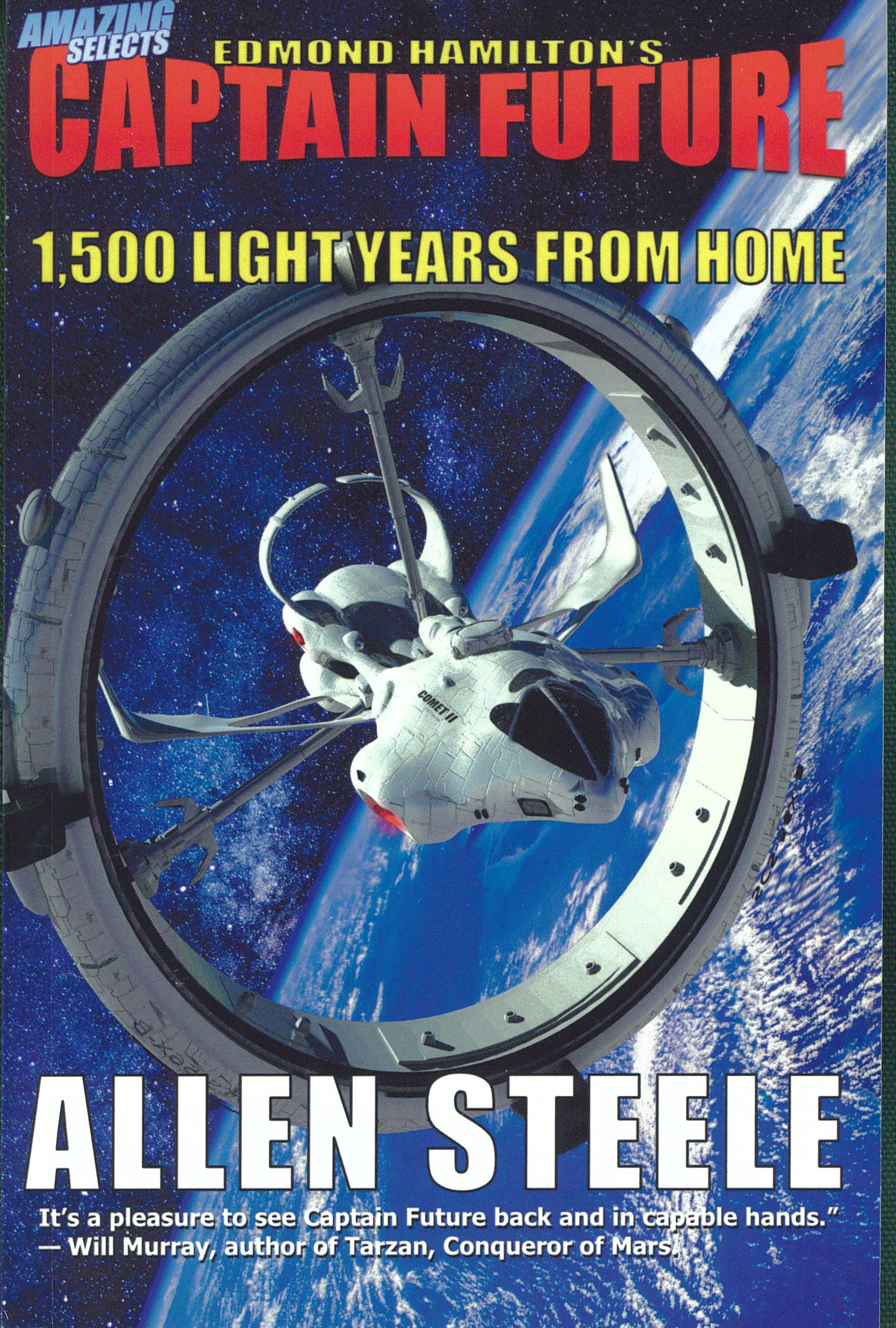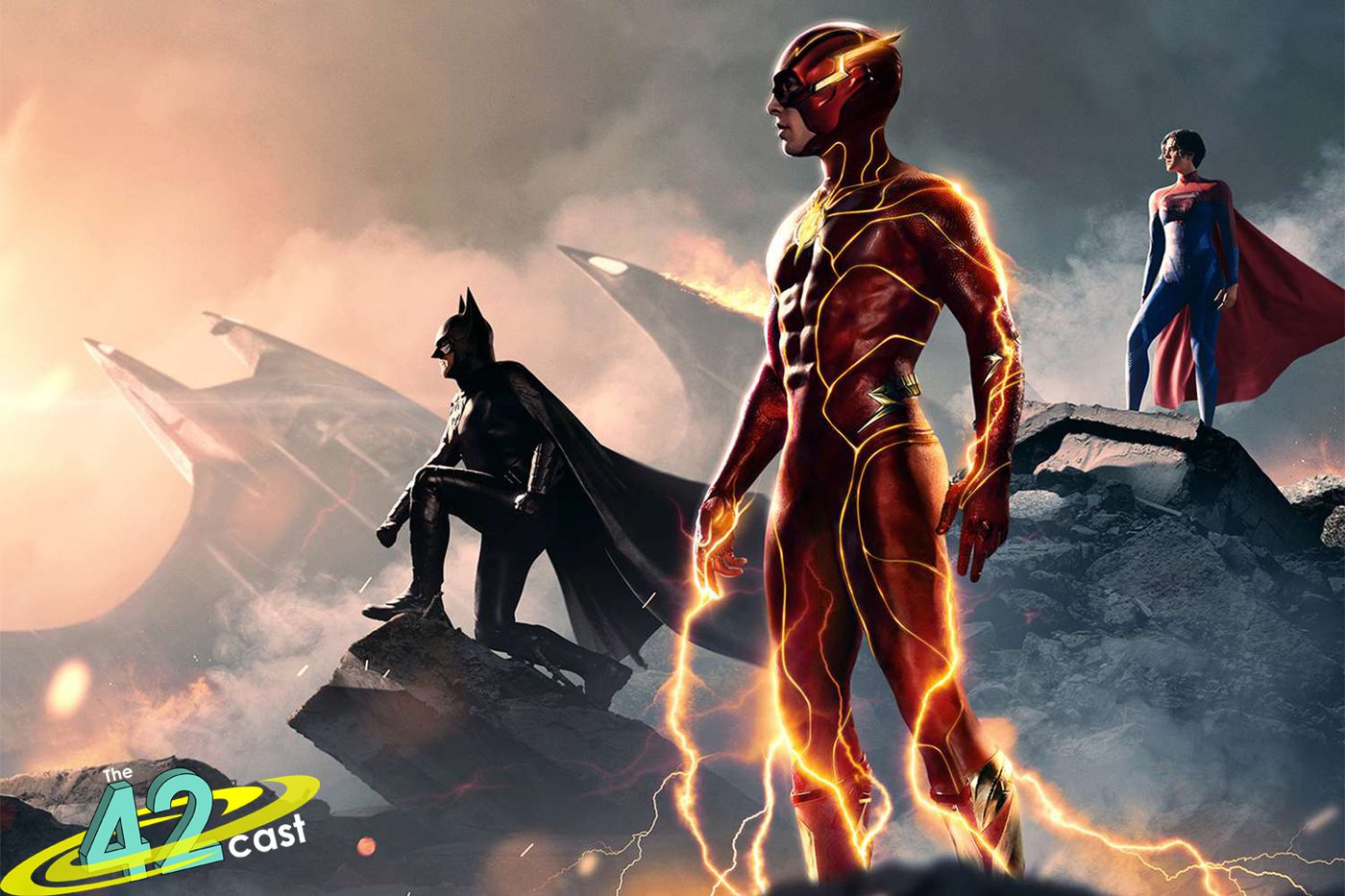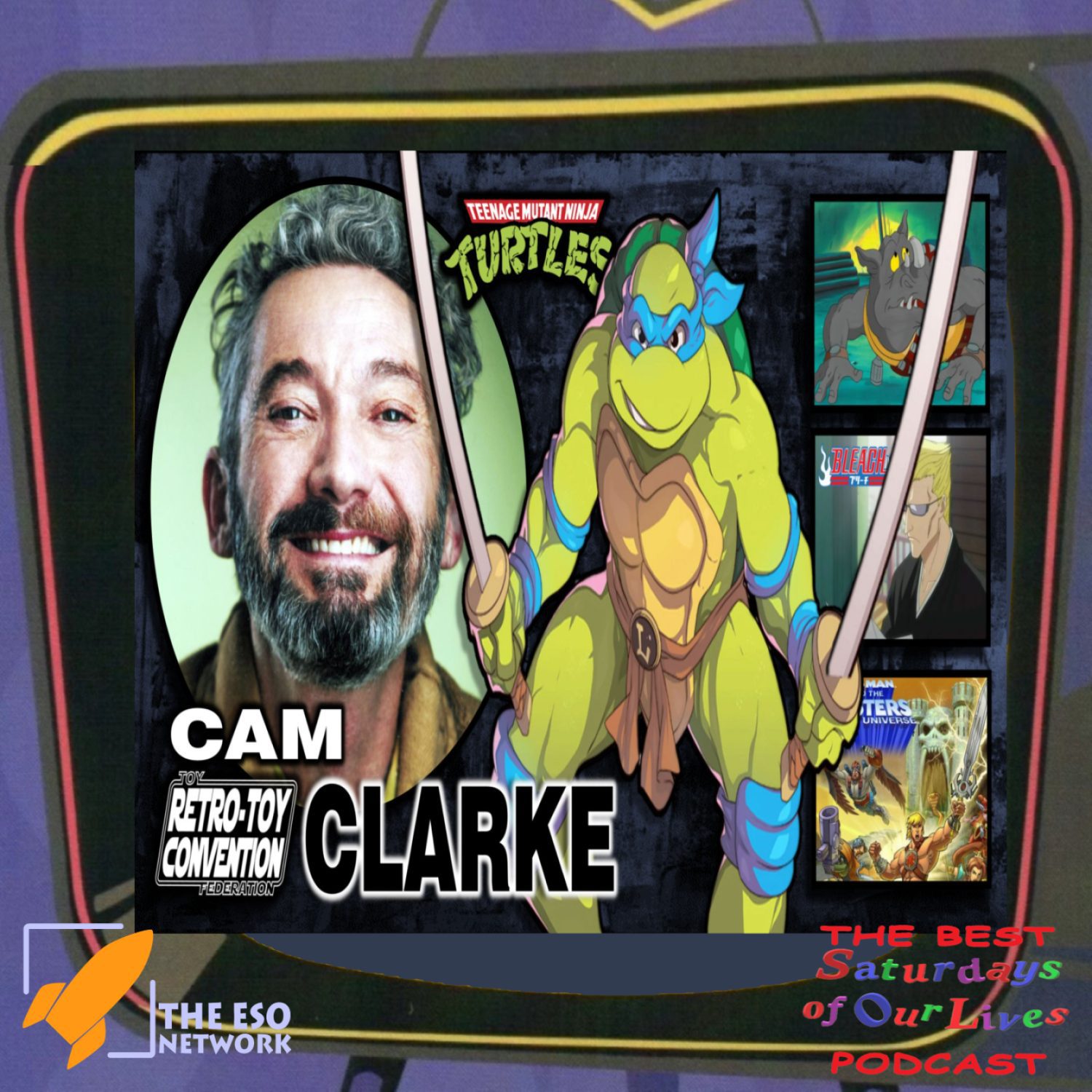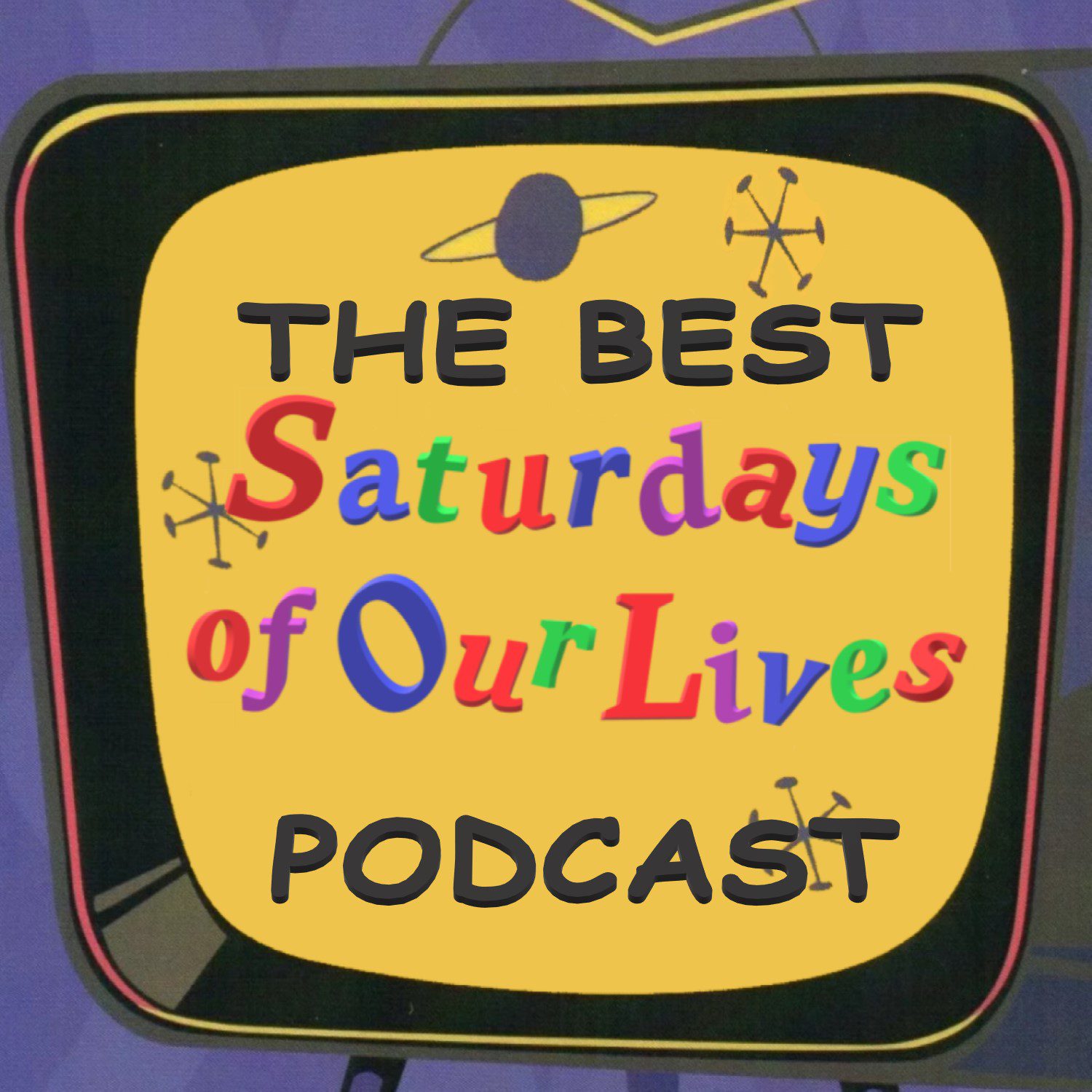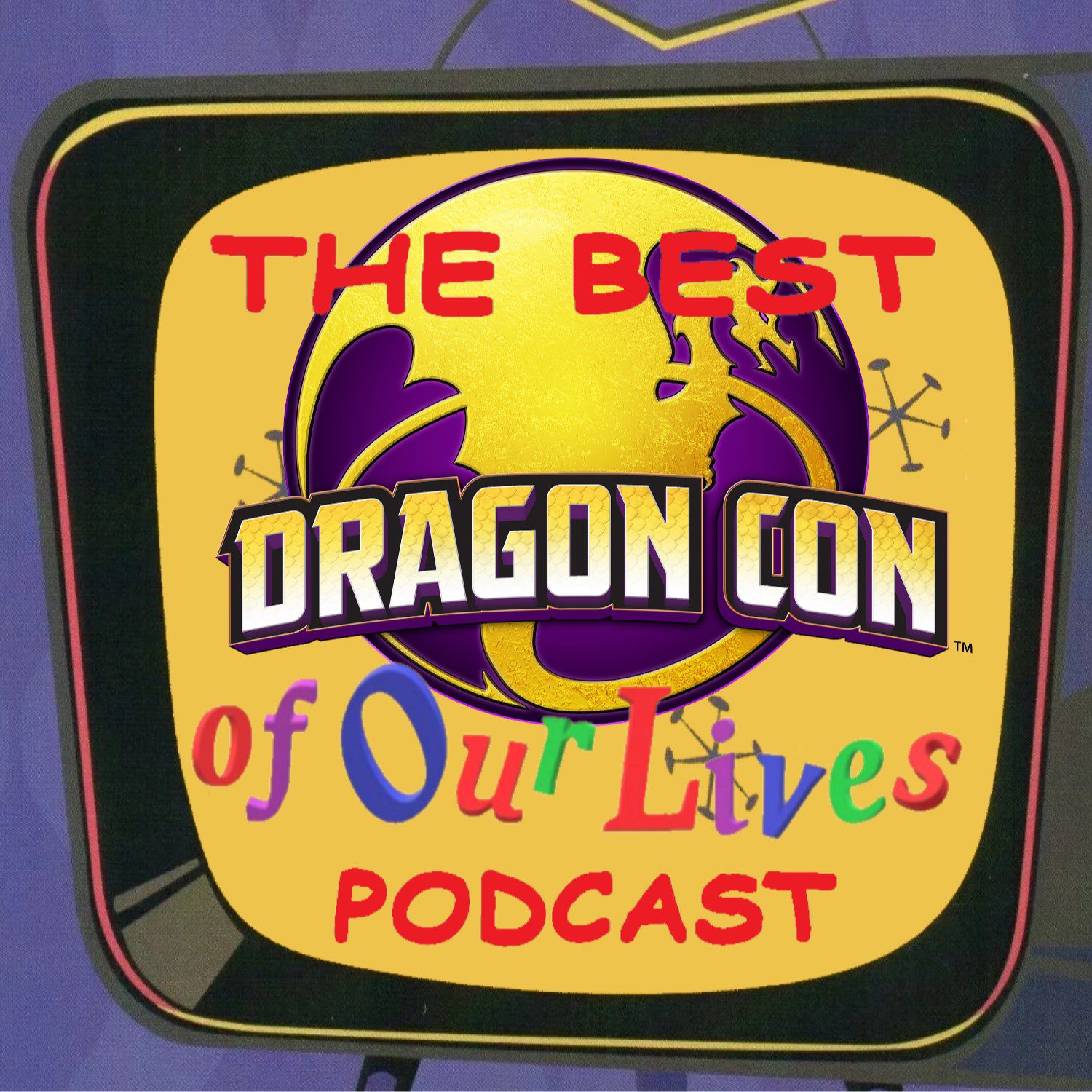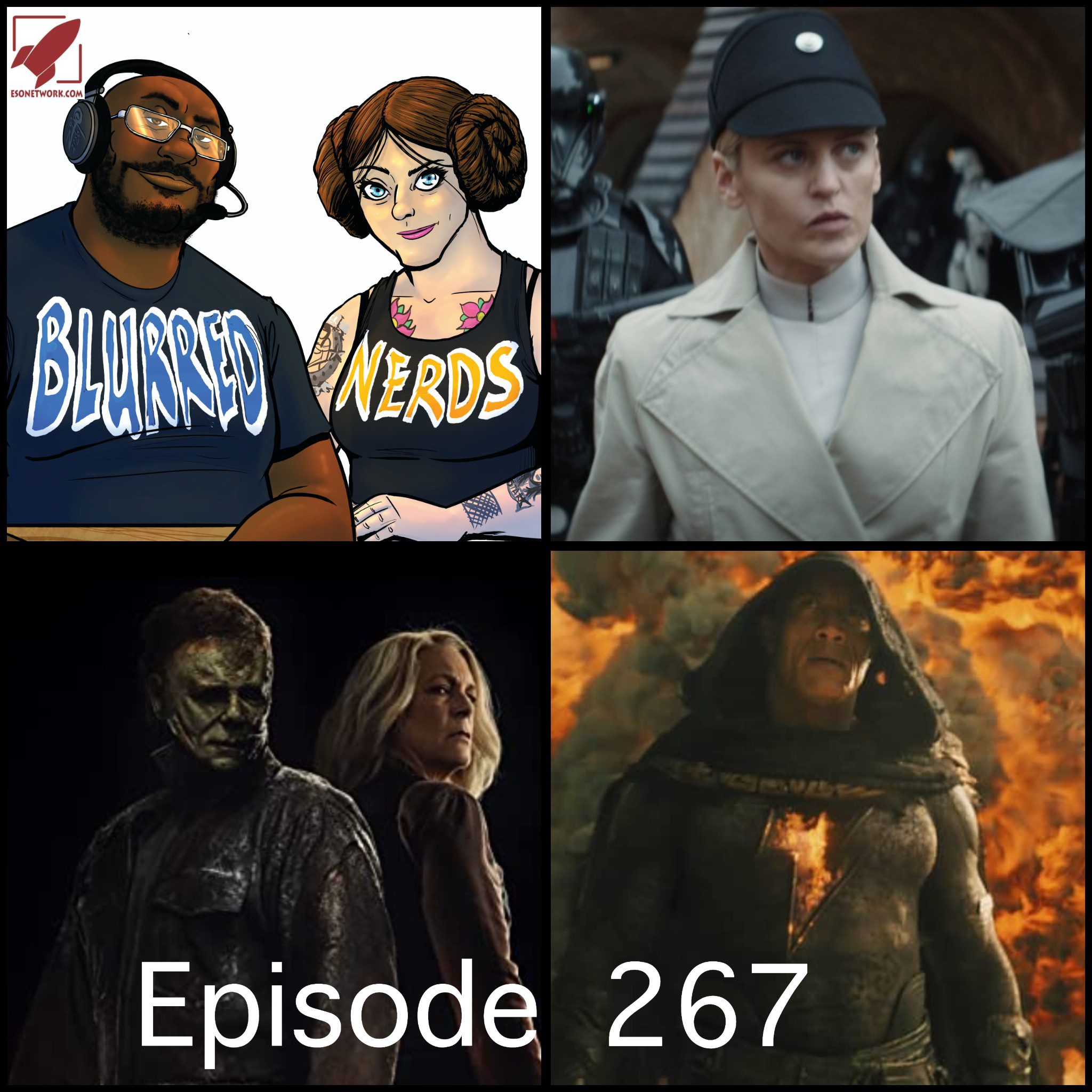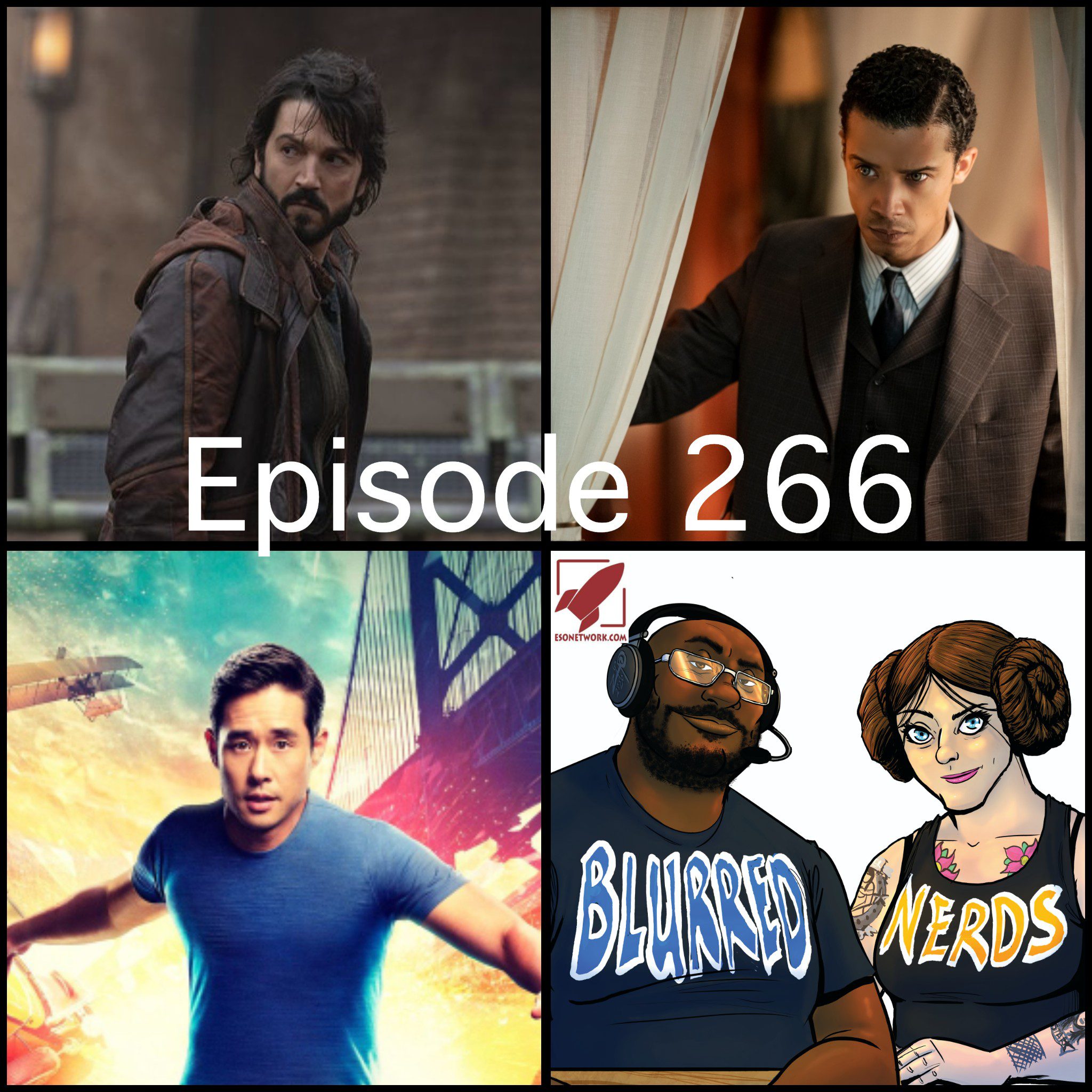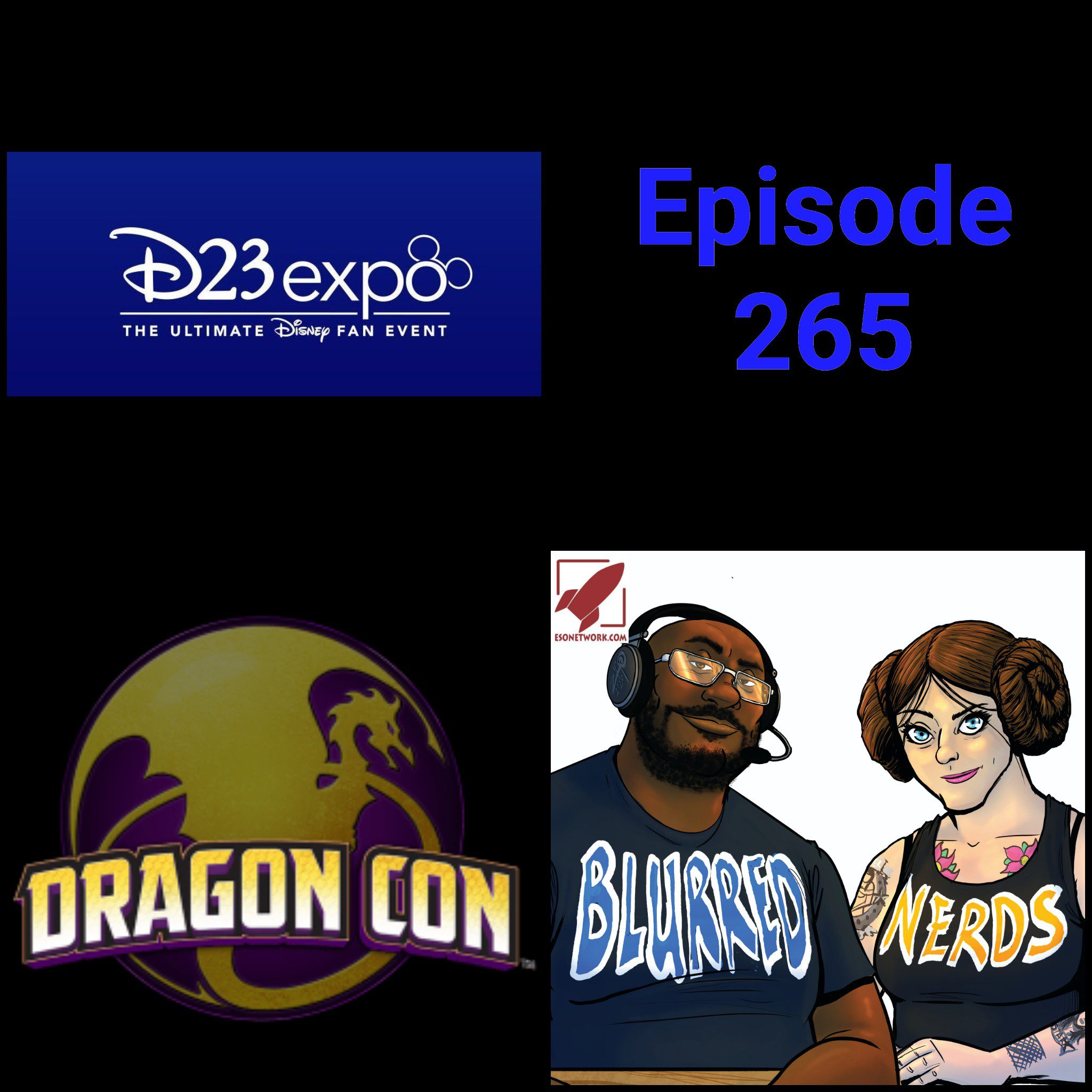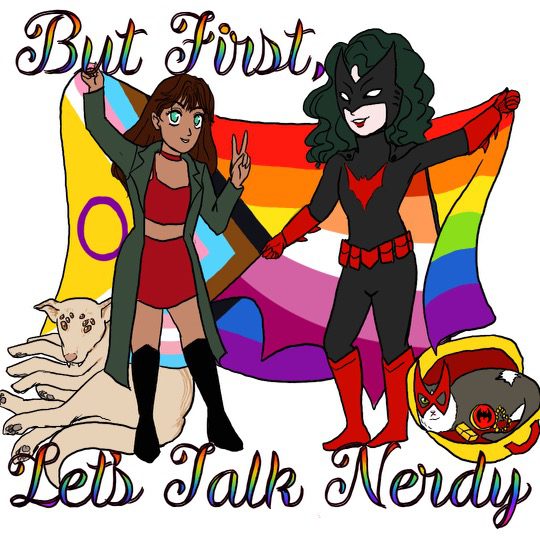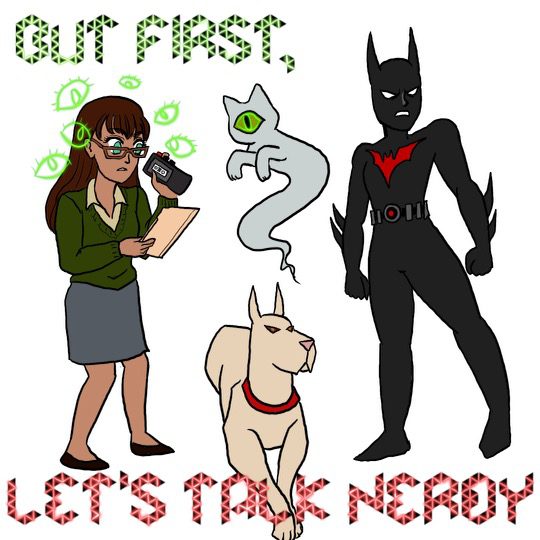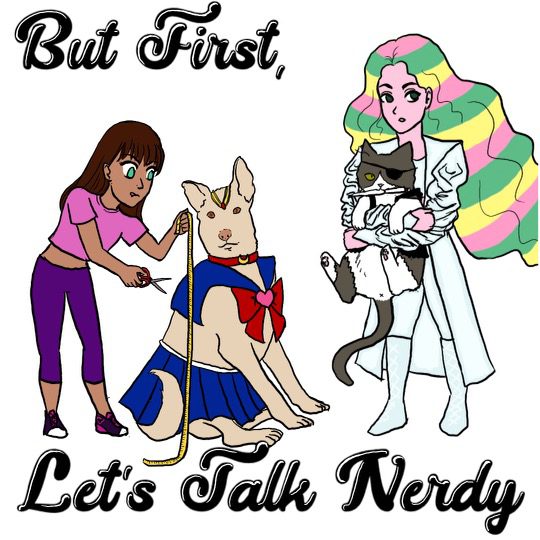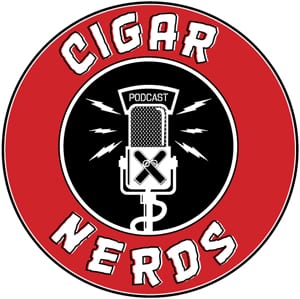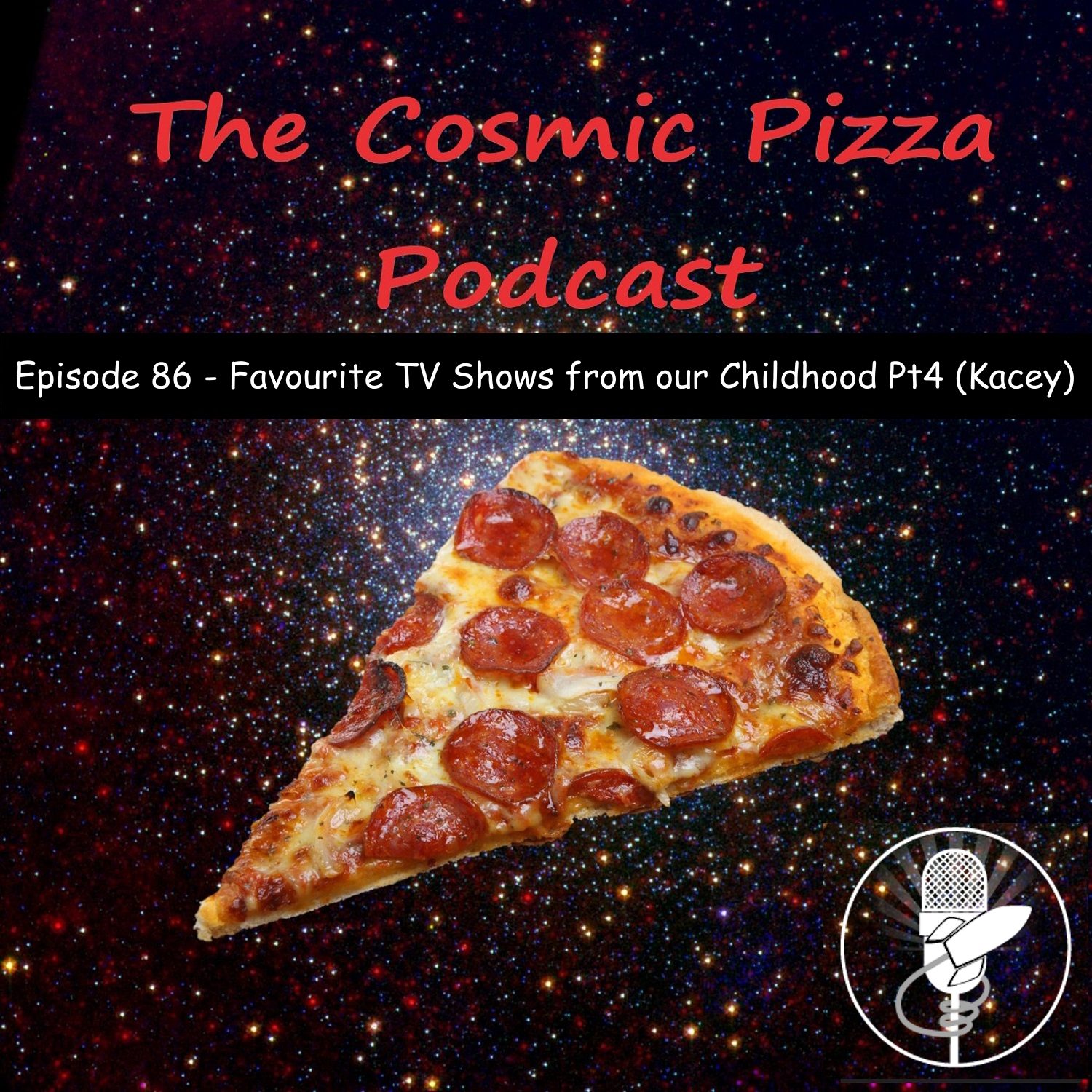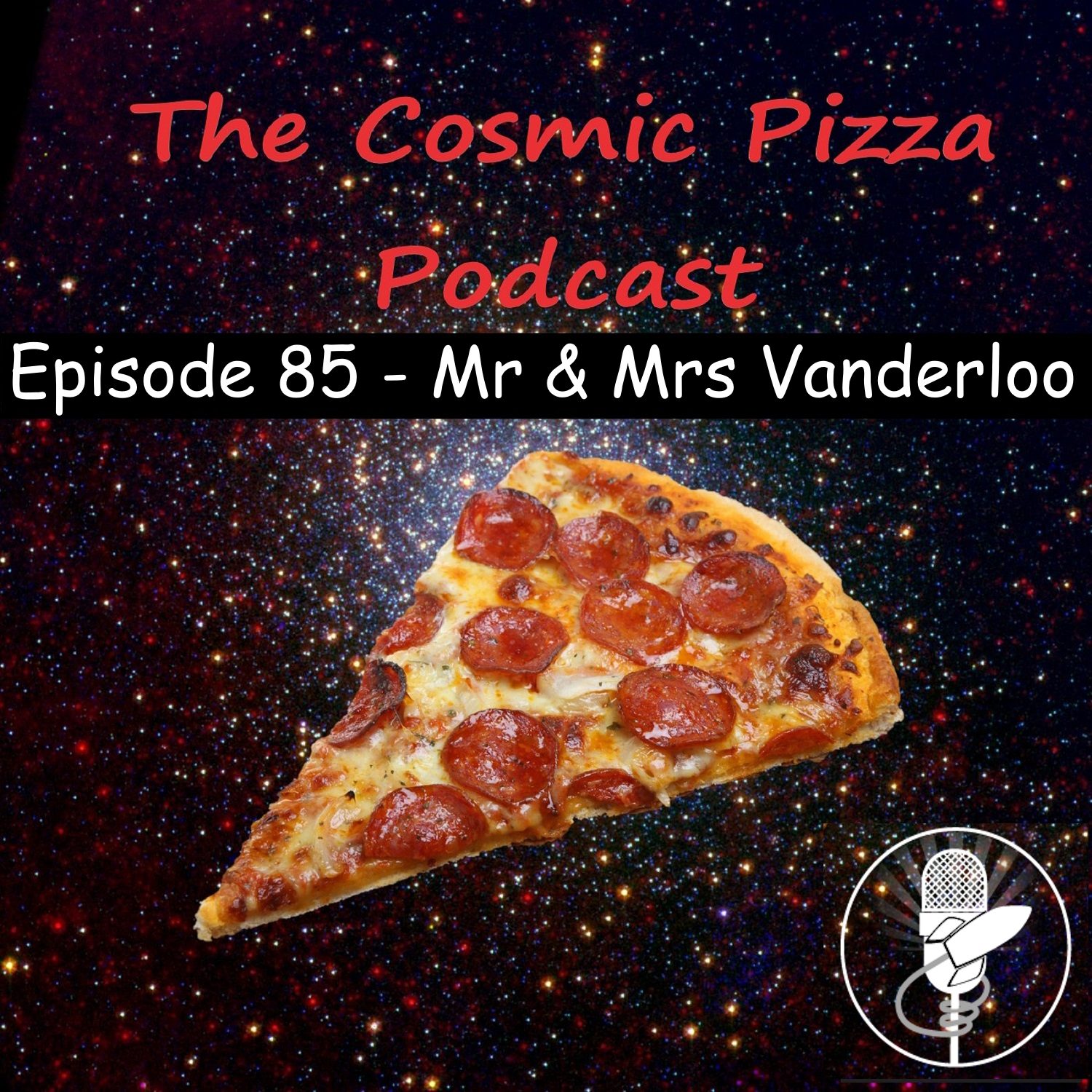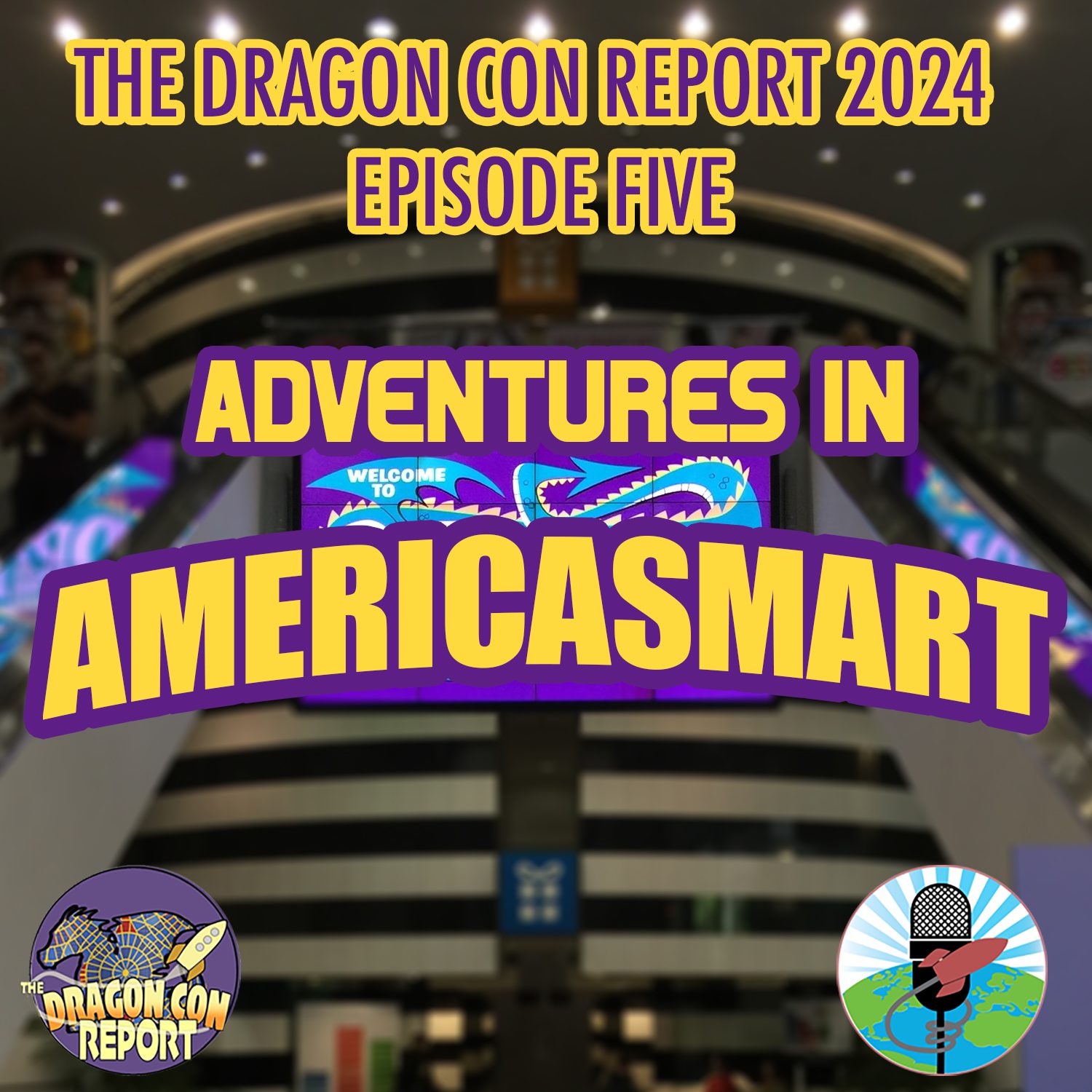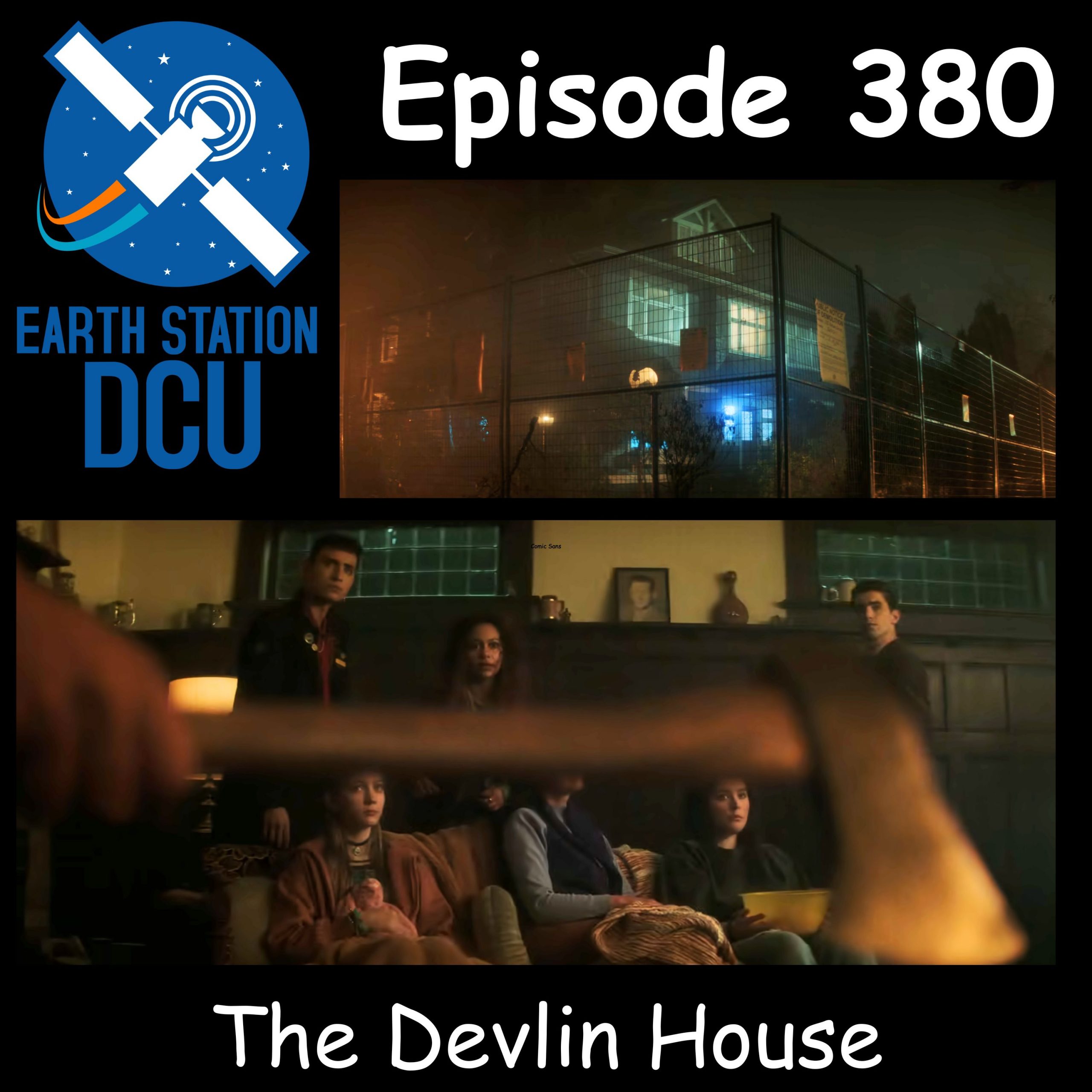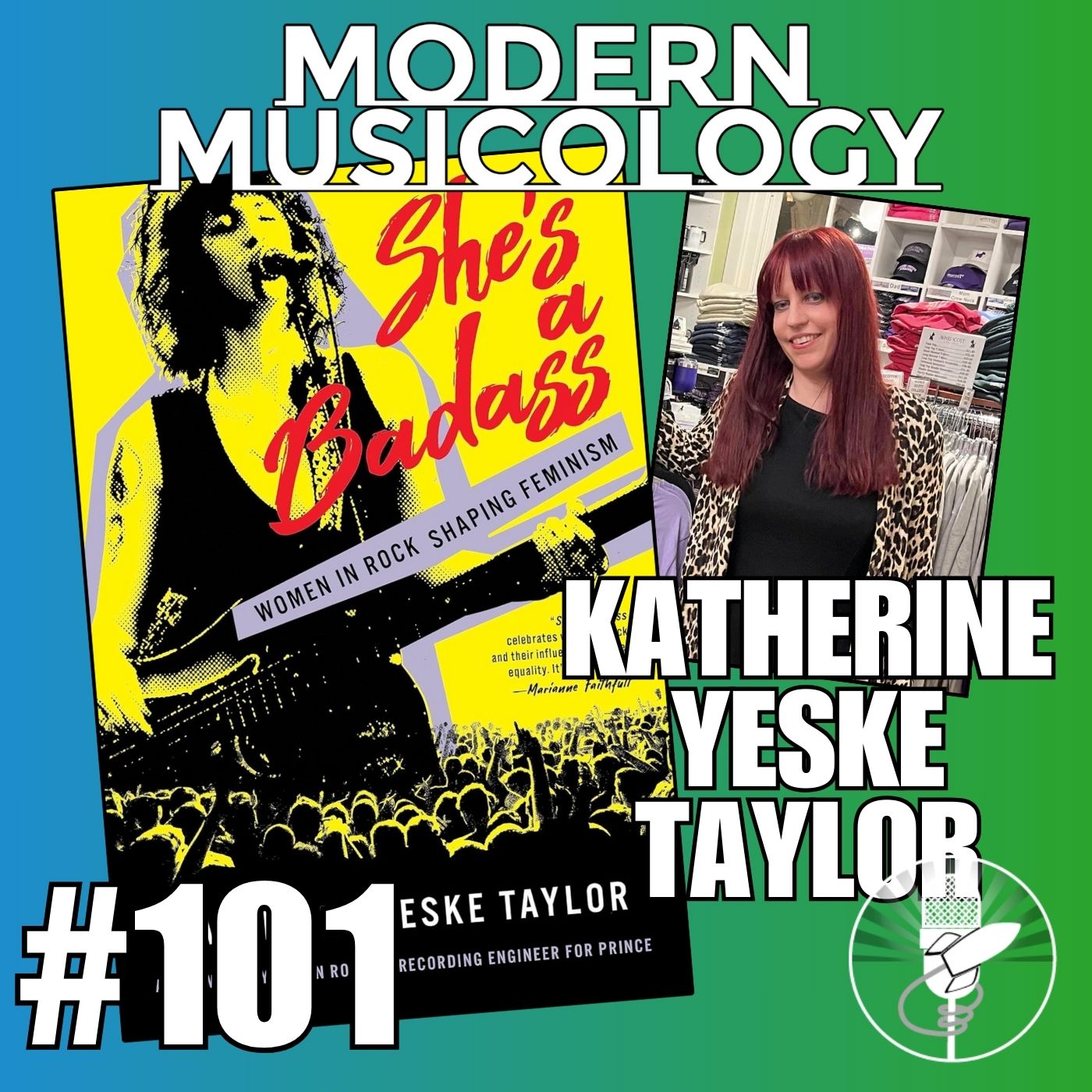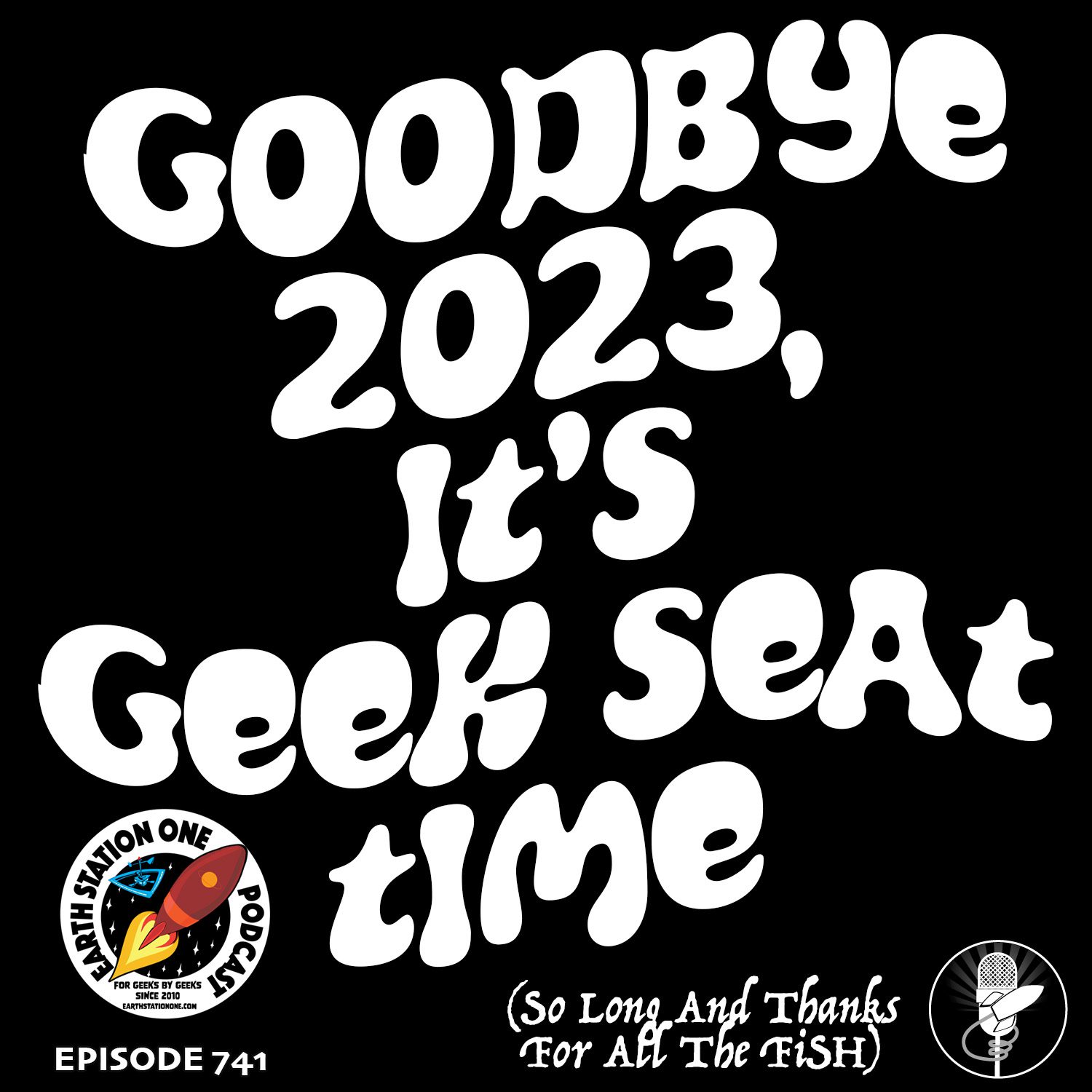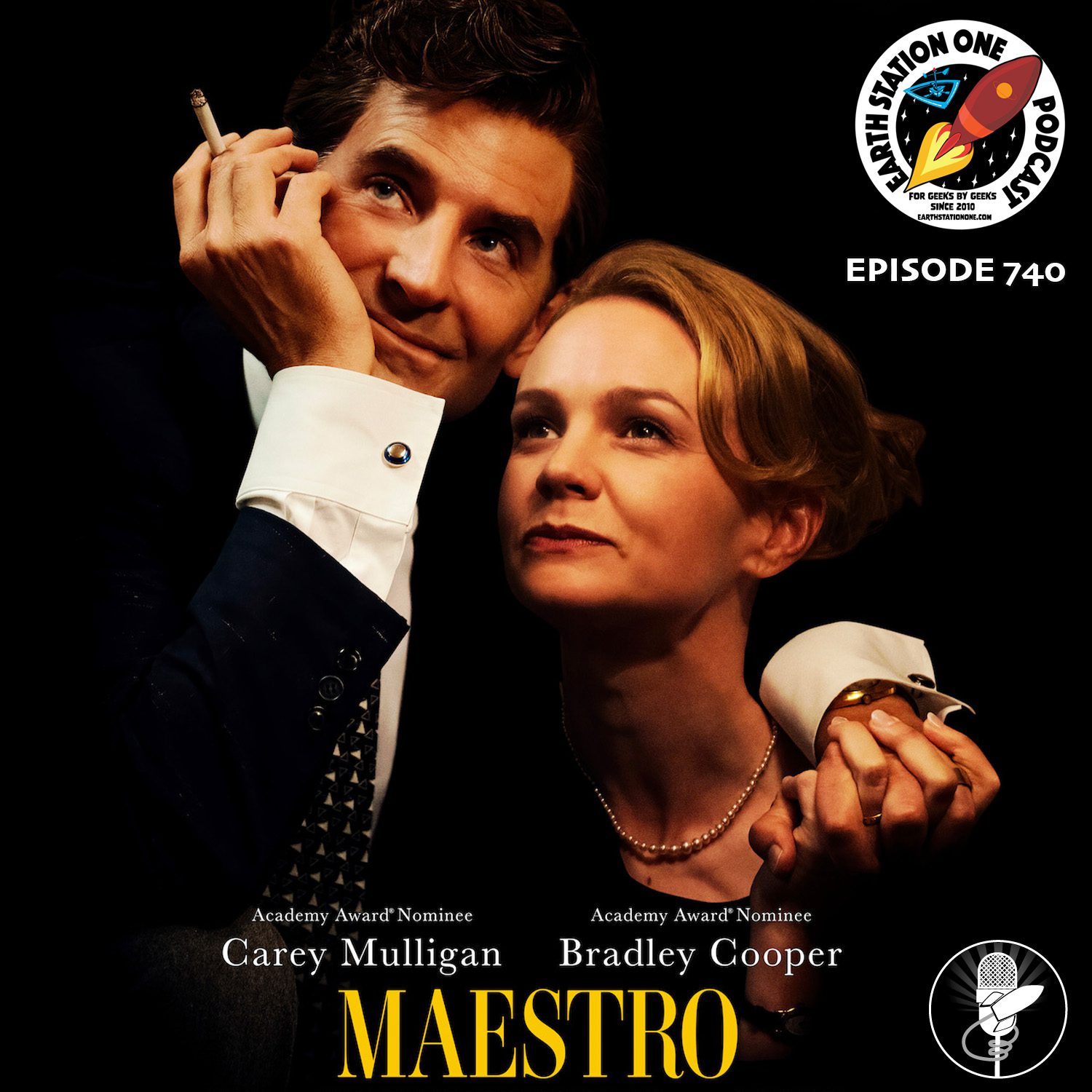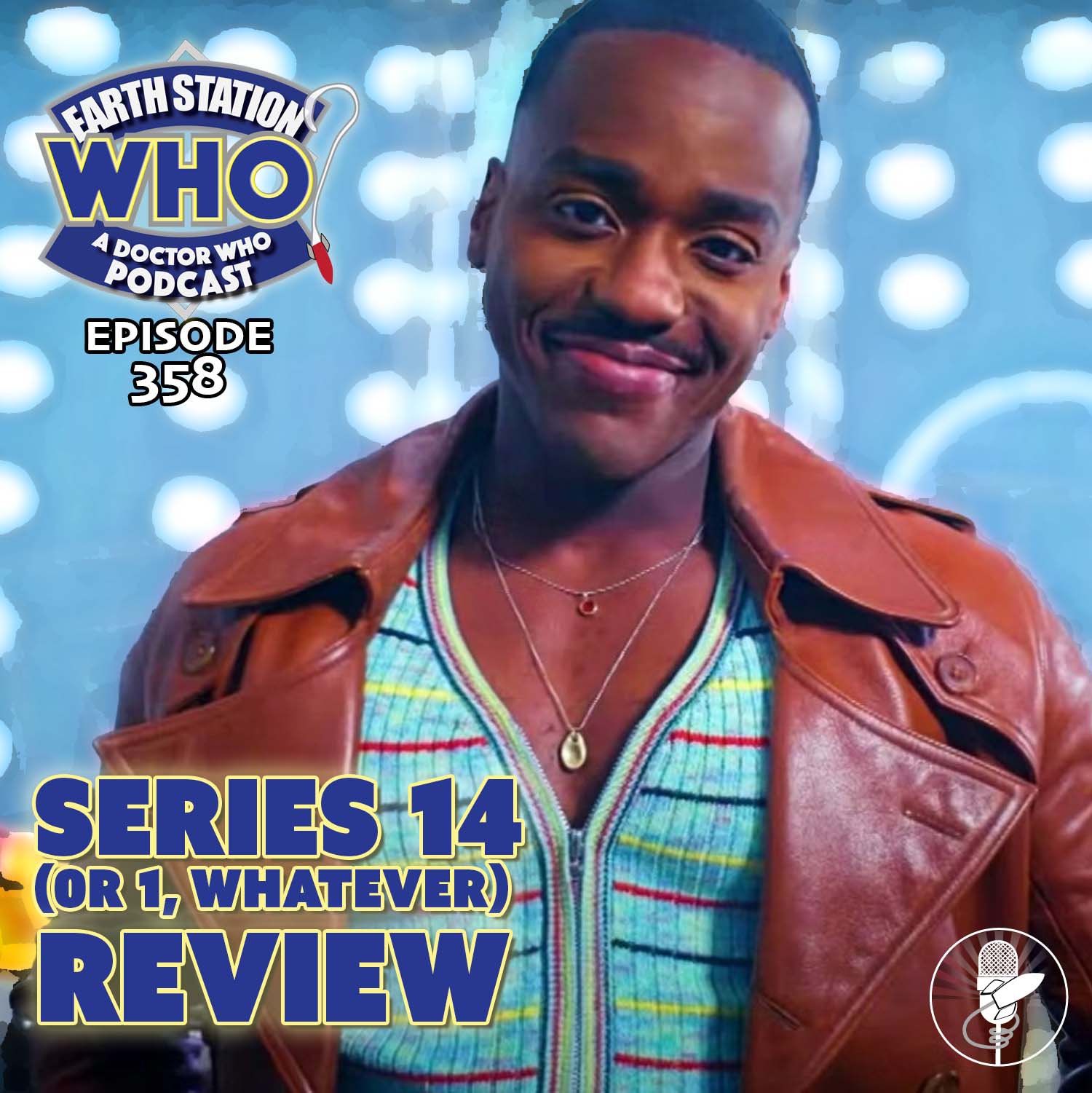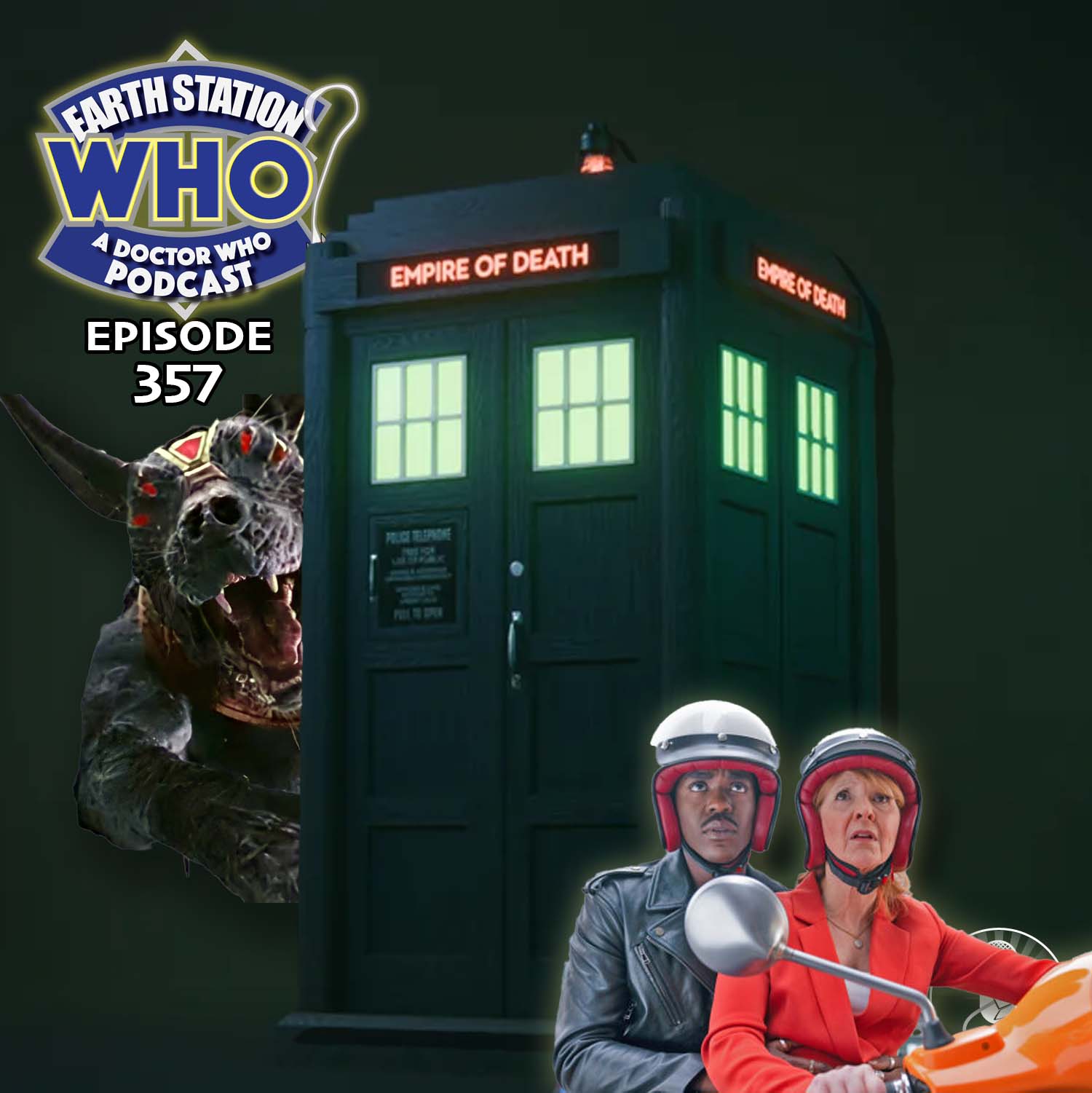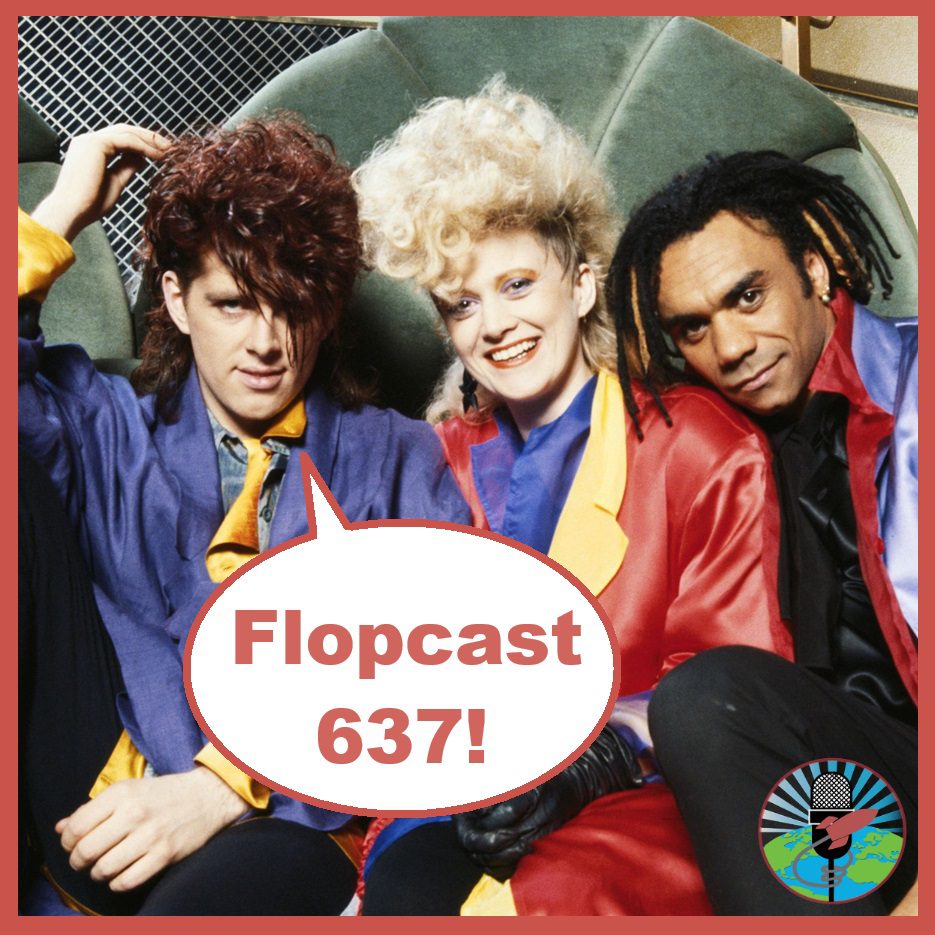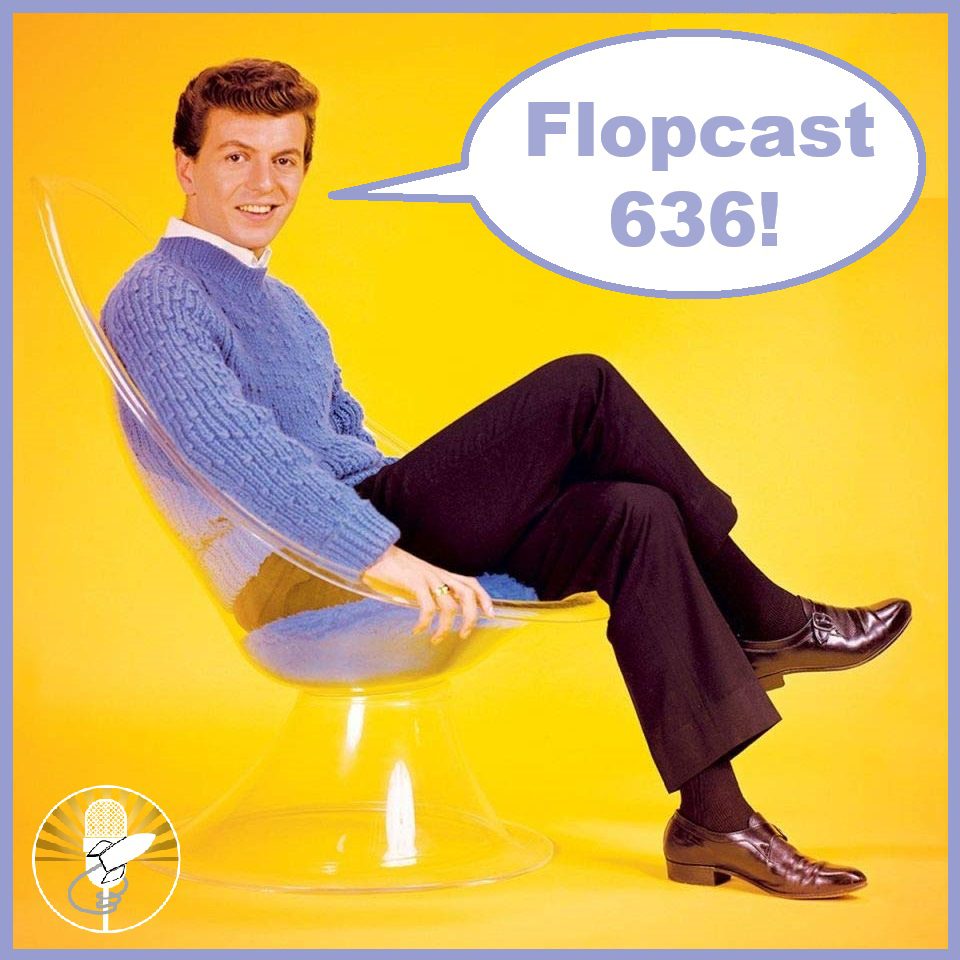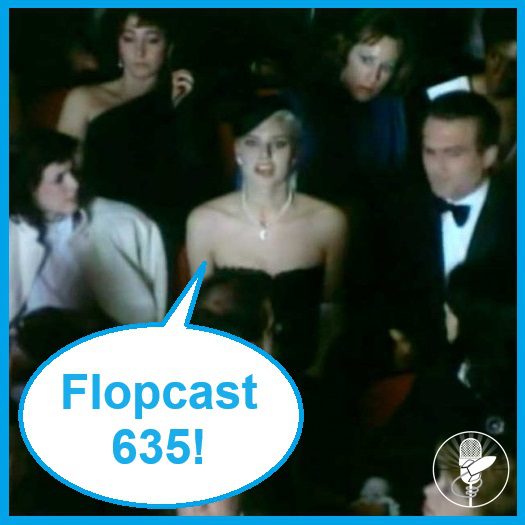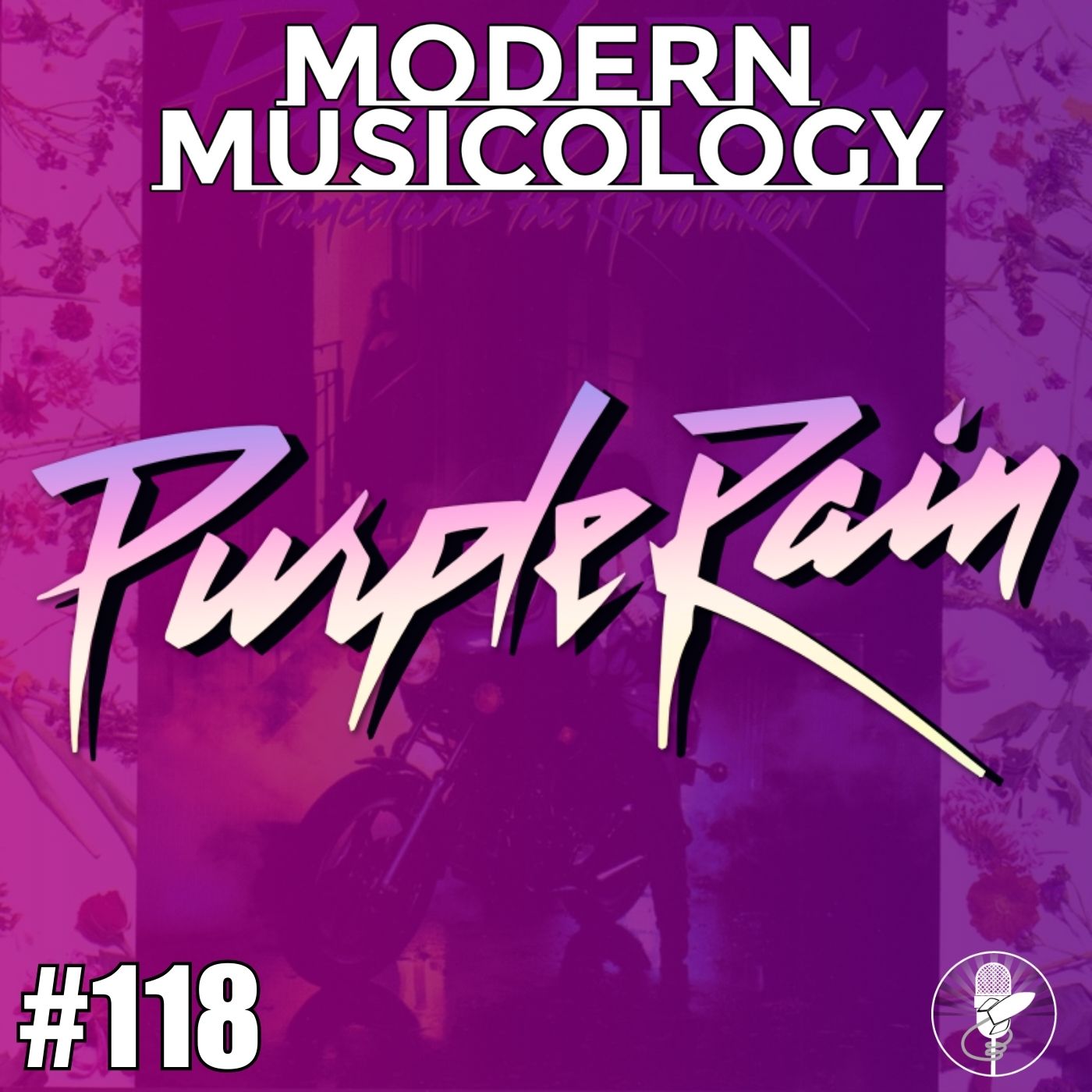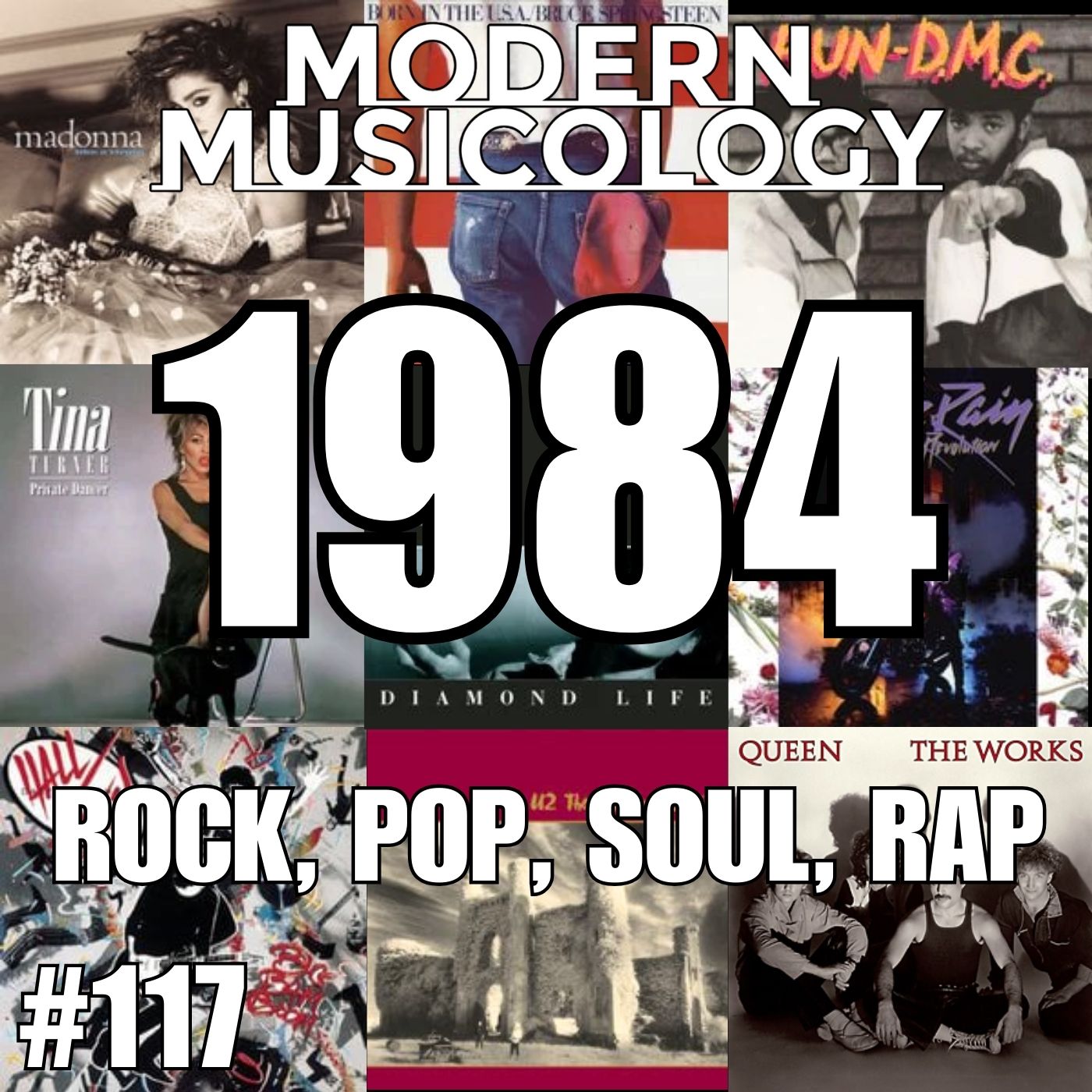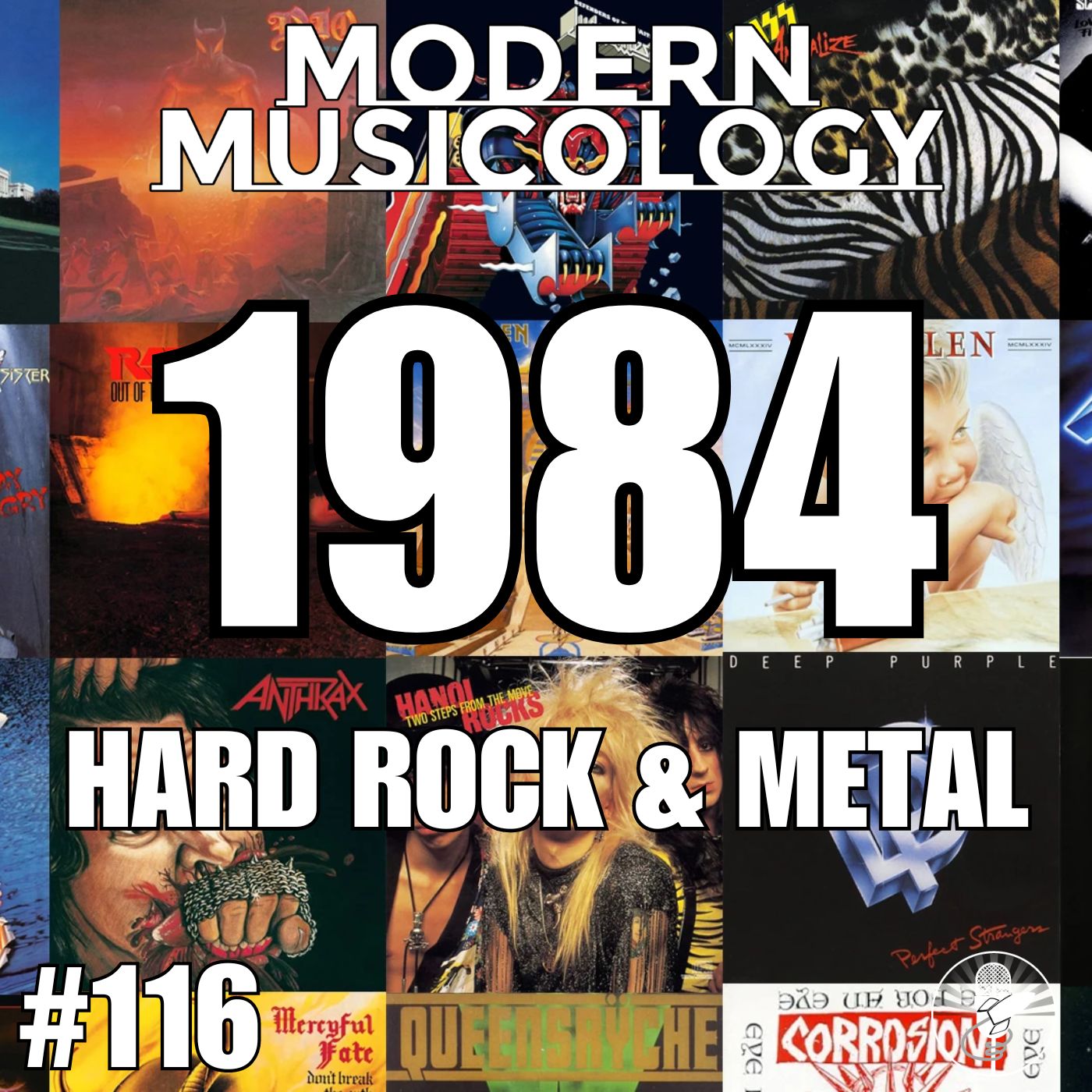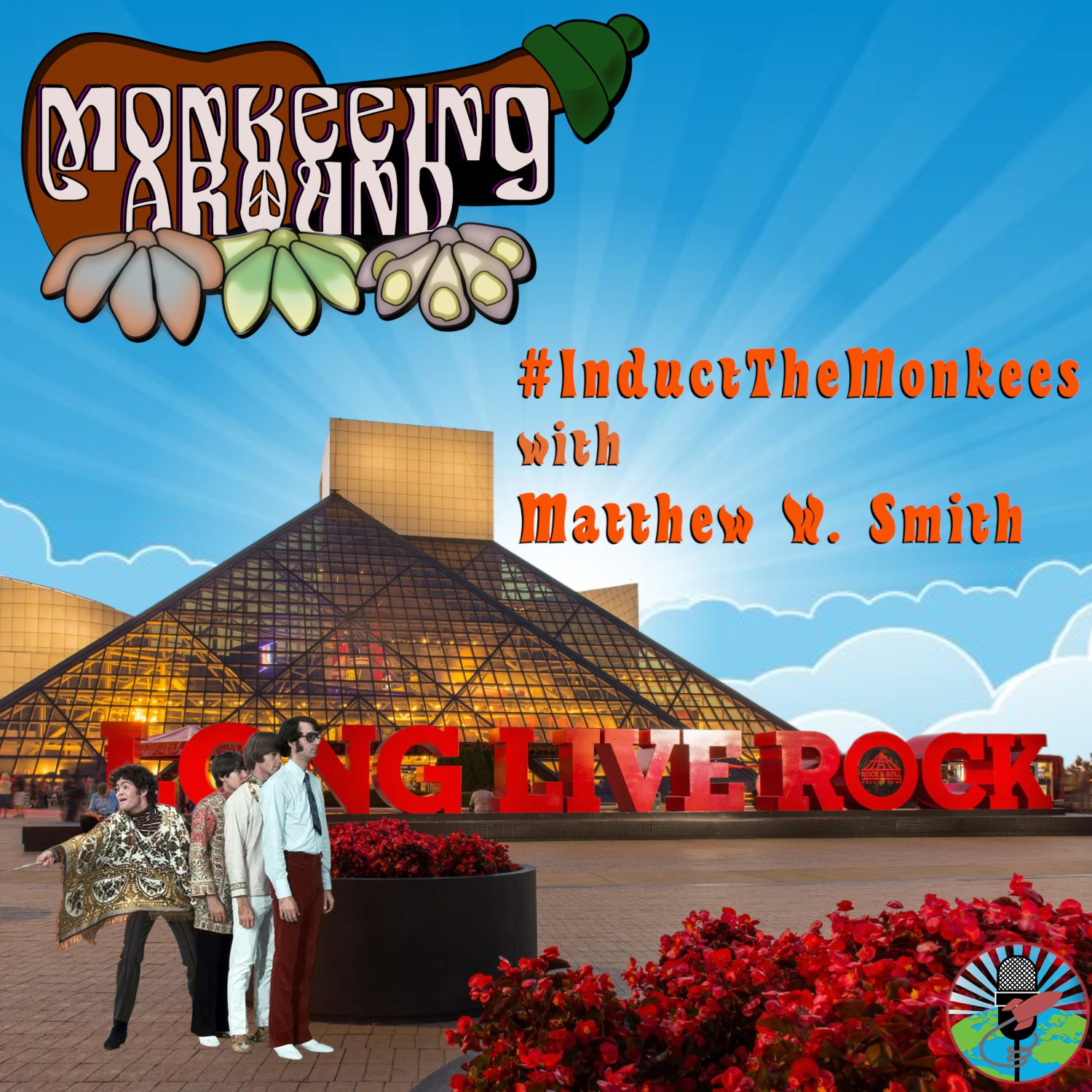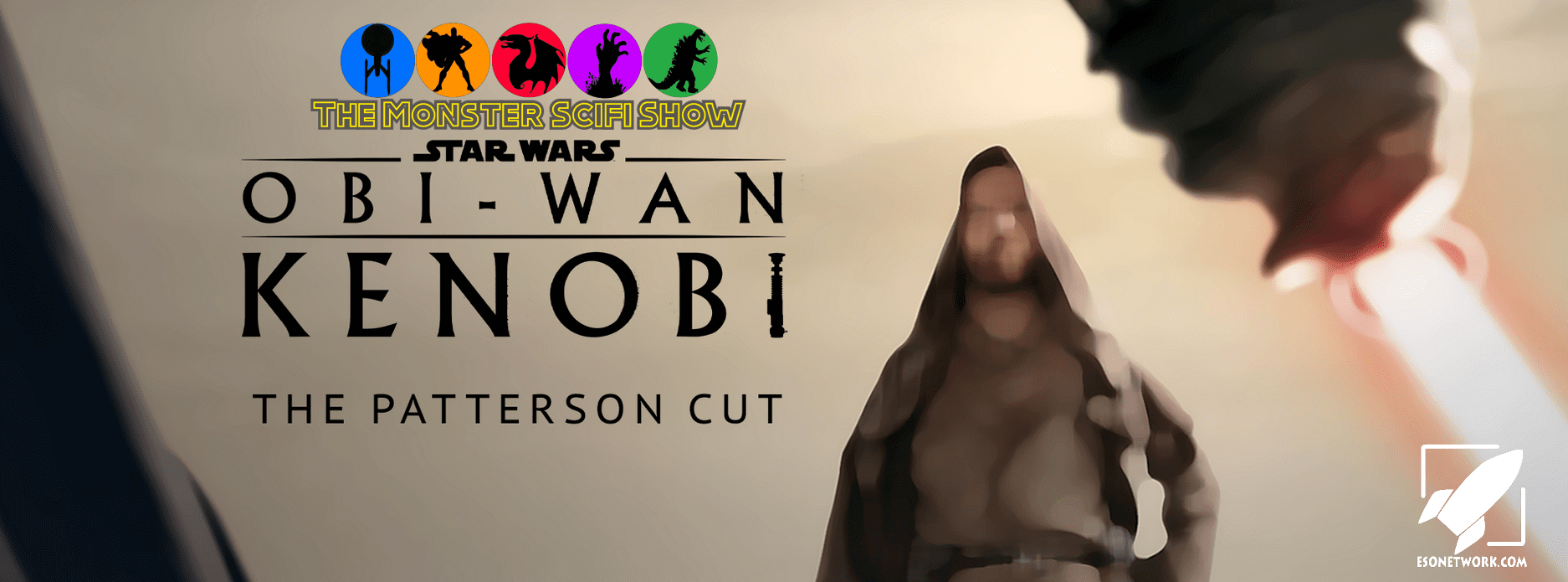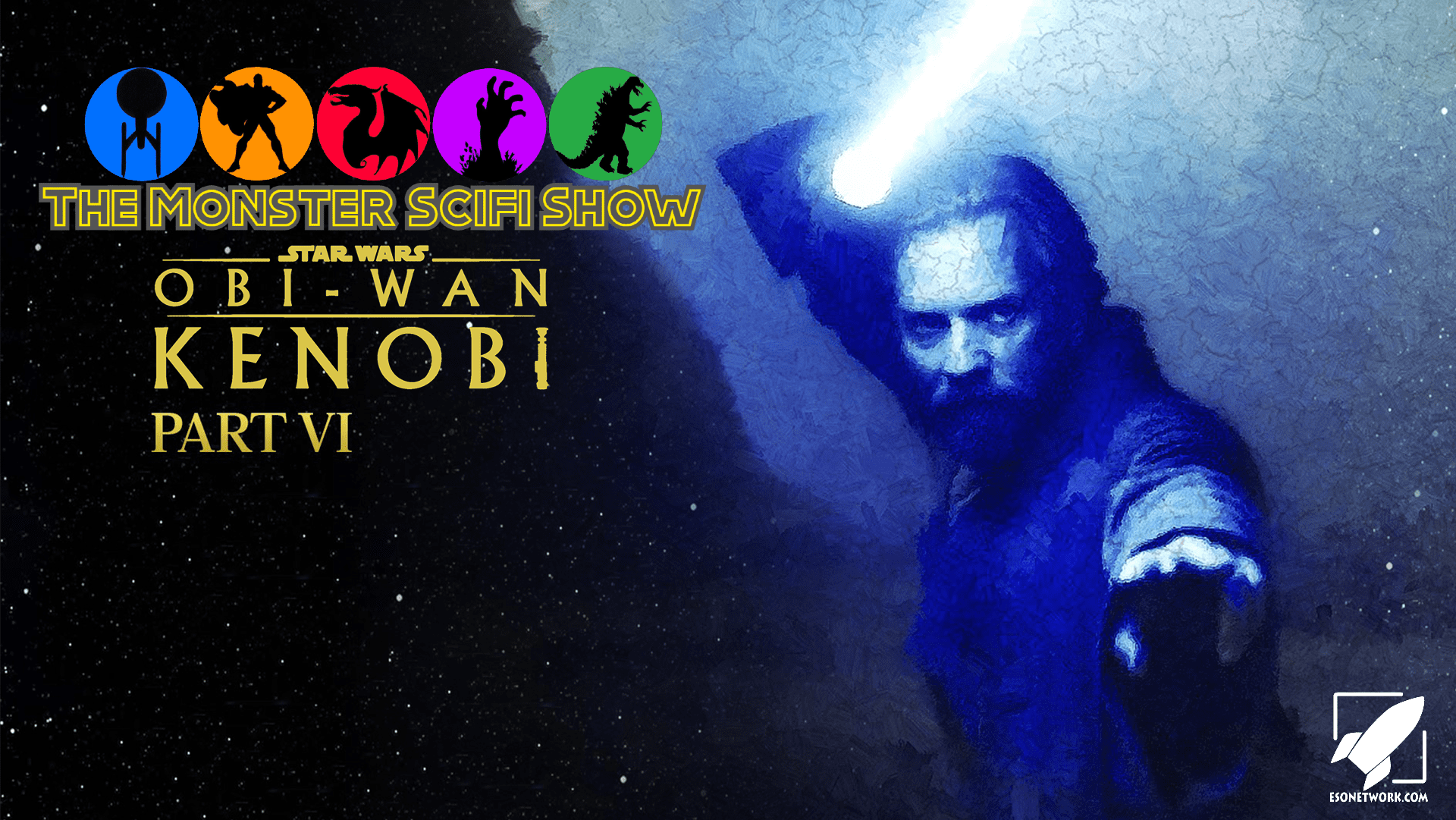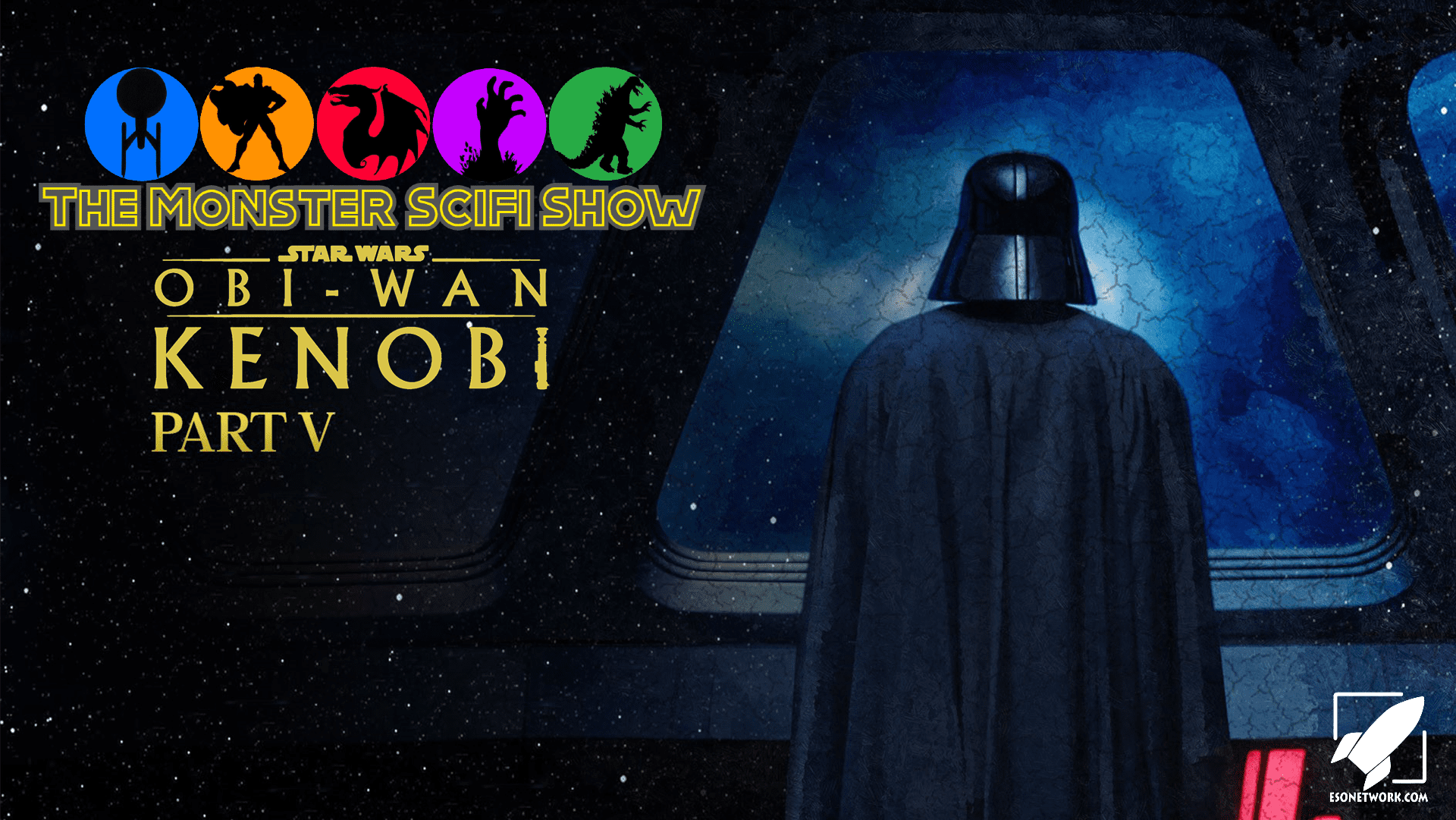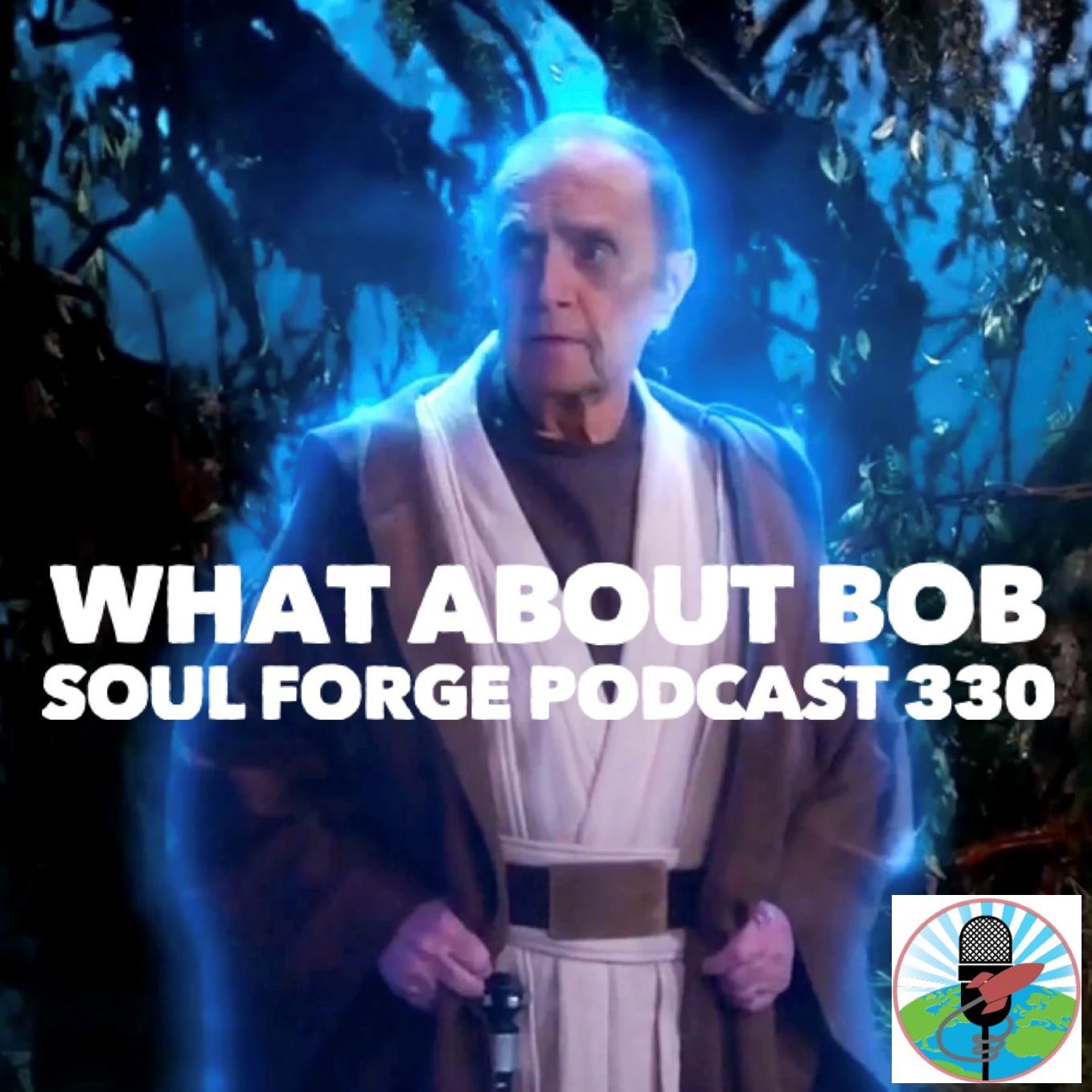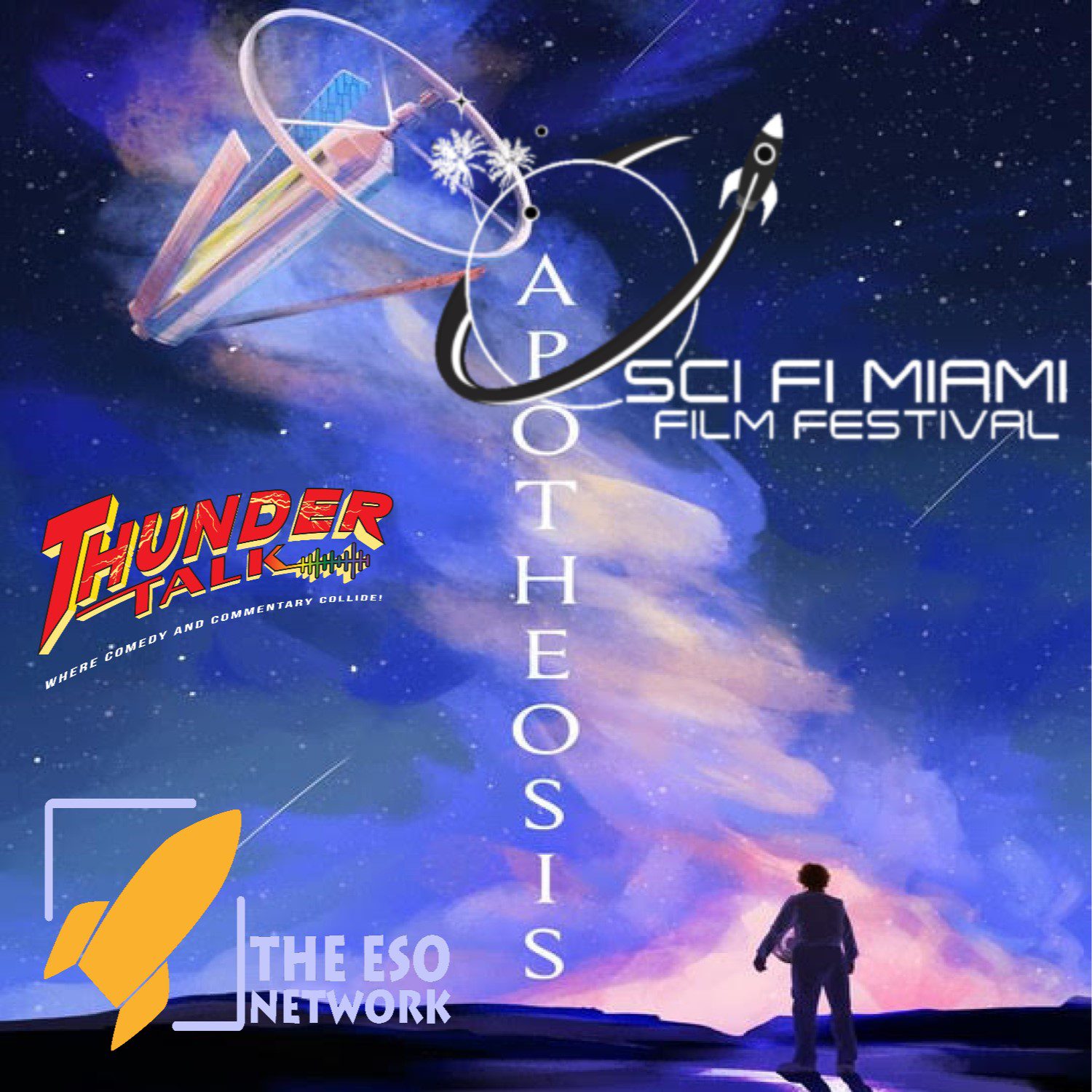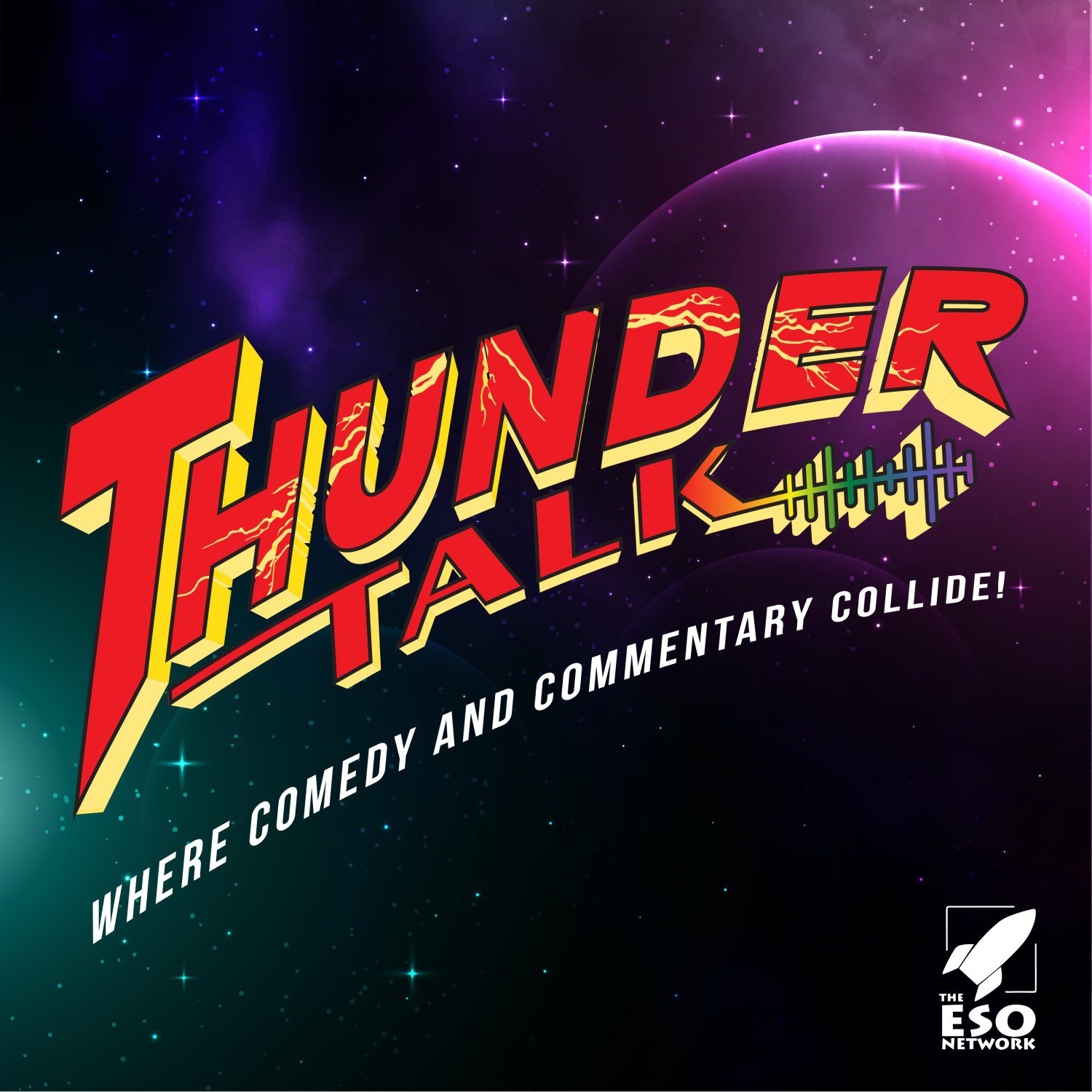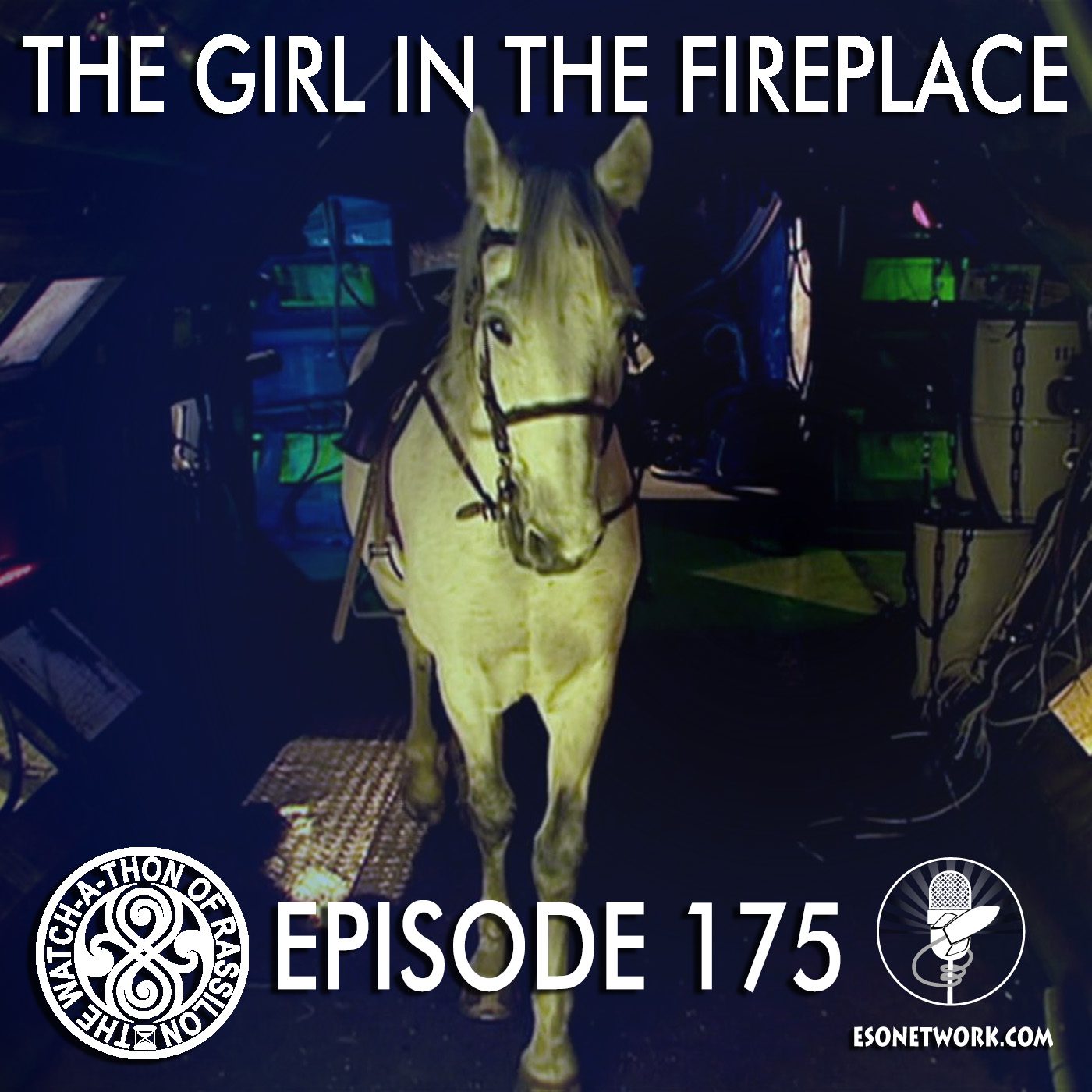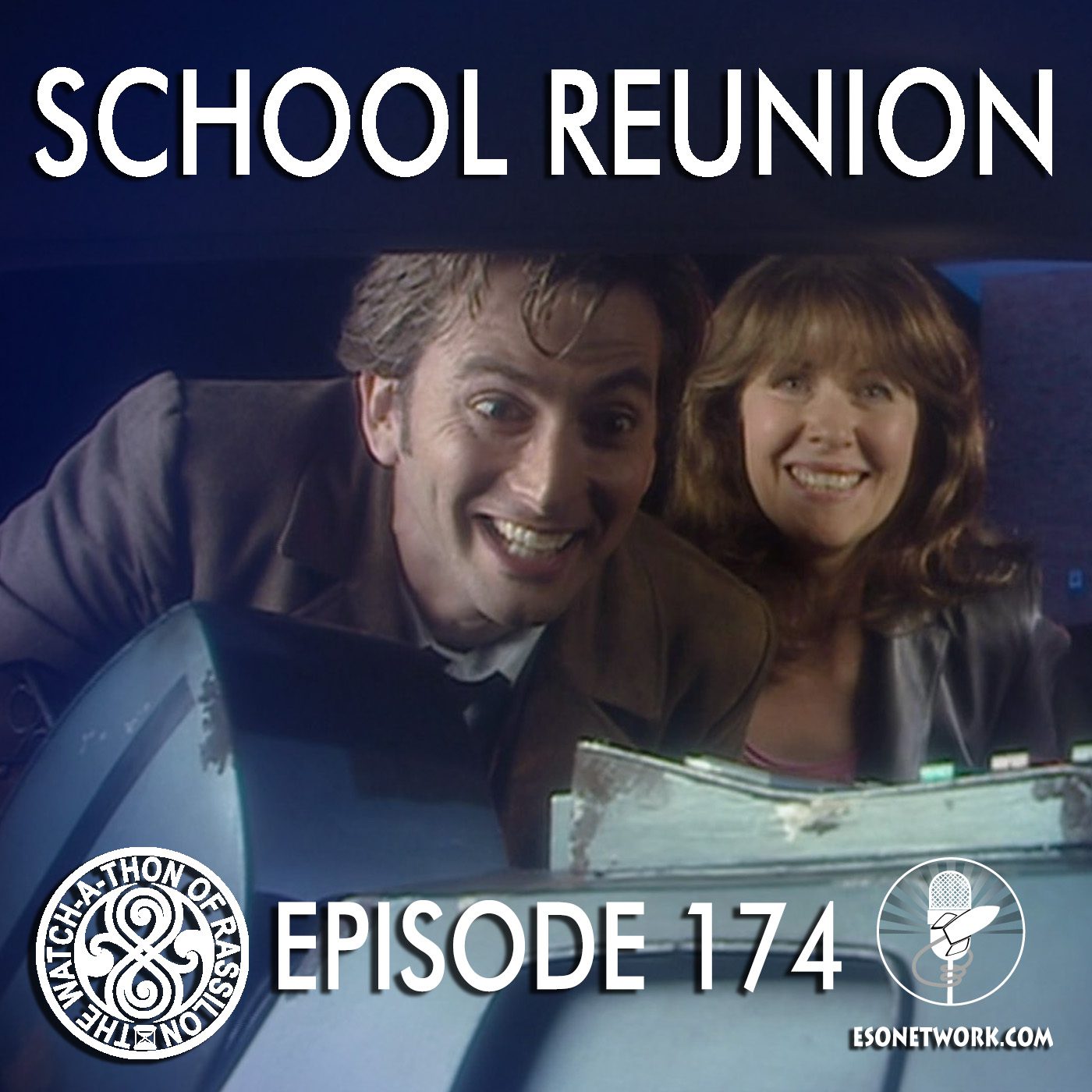 Iron Man 2 was the first movie made after Marvel saw its cinematic ambitions pay off with the first Iron Man. Nick Fury’s appearance at the end of the movie whetted appetites for a broader canvas of Marvel movies. While The Incredible Hulk didn’t do as well as hoped, Marvel did see the movie’s mention of S.H.I.E.L.D. and the appearance by Tony Stark pay off with audiences who understood the implications of the two movies being interconnected and what this would mean further down the line. Marvel wanted to strike while the iron was still hot, so Iron Man 2 was put into production with a target of 2010, only two years after the first movie. Knowing that they wanted to establish a sequence that would lead into The Avengers they made certain that the groundwork would start being made in this movie to build to the future epic. Iron Man 2, therefore, comes off as a very confident production, but one that may not have hurt to have a few more passes on the script before it was put into production.
Iron Man 2 was the first movie made after Marvel saw its cinematic ambitions pay off with the first Iron Man. Nick Fury’s appearance at the end of the movie whetted appetites for a broader canvas of Marvel movies. While The Incredible Hulk didn’t do as well as hoped, Marvel did see the movie’s mention of S.H.I.E.L.D. and the appearance by Tony Stark pay off with audiences who understood the implications of the two movies being interconnected and what this would mean further down the line. Marvel wanted to strike while the iron was still hot, so Iron Man 2 was put into production with a target of 2010, only two years after the first movie. Knowing that they wanted to establish a sequence that would lead into The Avengers they made certain that the groundwork would start being made in this movie to build to the future epic. Iron Man 2, therefore, comes off as a very confident production, but one that may not have hurt to have a few more passes on the script before it was put into production.
 The two Iron Man films seem to show the yin and yang to Jon Favreau’s directorial style. The interviews and DVD extras make it clear that he’s very hands off with the creative talent. He lets them experiment and make vast changes to scenes until they feel that they work. When dealing with amazing talent such as Robert Downey Jr, Jeff Bridges, and Gwyneth Paltrow, that lead to a fantastic movie with the original Iron Man. They had chemistry and they were accomplished enough actors to know how to tweak scenes to make them stronger. The original movie would have had Crimson Dynamo and the Mandarin but Bridges showed that he could pull off the role of main villain by himself, so vast changes were made to the script so that he would be the main villain and the Mandarin’s presence would only be hinted at by the presence of the 10 rings organization. The second movie shows the flip side to that style. When a director is hands-off with the actors they all want to get “their moment” and that can be a distraction to the plot rather than aiding it. The director is supposed to be the one who keeps track of the storyline and reins in the actors to make it all work. One gets the impression that on the Iron Man 2 set the inmates began running the asylum, and with a cast as large and diverse as this one that probably wasn’t the best move to make. It doesn’t help that when things got difficult that Favreau relied on his comedy background to see him through. It’s difficult to count the number of times that he says “we cover it with a laugh” when discussing plot or pacing problems with the movie on the DVD/Blu-ray commentary track. That may work in the short term by distracting the audience, but it certainly doesn’t allow the movie to hold up to multiple viewings, something that any modern filmmaker should be aware that their movie will be subject.
The two Iron Man films seem to show the yin and yang to Jon Favreau’s directorial style. The interviews and DVD extras make it clear that he’s very hands off with the creative talent. He lets them experiment and make vast changes to scenes until they feel that they work. When dealing with amazing talent such as Robert Downey Jr, Jeff Bridges, and Gwyneth Paltrow, that lead to a fantastic movie with the original Iron Man. They had chemistry and they were accomplished enough actors to know how to tweak scenes to make them stronger. The original movie would have had Crimson Dynamo and the Mandarin but Bridges showed that he could pull off the role of main villain by himself, so vast changes were made to the script so that he would be the main villain and the Mandarin’s presence would only be hinted at by the presence of the 10 rings organization. The second movie shows the flip side to that style. When a director is hands-off with the actors they all want to get “their moment” and that can be a distraction to the plot rather than aiding it. The director is supposed to be the one who keeps track of the storyline and reins in the actors to make it all work. One gets the impression that on the Iron Man 2 set the inmates began running the asylum, and with a cast as large and diverse as this one that probably wasn’t the best move to make. It doesn’t help that when things got difficult that Favreau relied on his comedy background to see him through. It’s difficult to count the number of times that he says “we cover it with a laugh” when discussing plot or pacing problems with the movie on the DVD/Blu-ray commentary track. That may work in the short term by distracting the audience, but it certainly doesn’t allow the movie to hold up to multiple viewings, something that any modern filmmaker should be aware that their movie will be subject.
 The off-kilter direction results in a movie with two plot strands that barely connect. The first is about Tony dying. This takes up a large part of the movie and mostly seems to be there to justify Tony acting like an idiot for most of the movie and to have an excuse to bring in Coulson and Fury. In the end, Tony’s out-of-nowhere technobabble problem gets solved by his watching a video and creating a technobabble solution. It’s really not a good sign when both the problem and solution both stem from technobabble. It just makes Tony’s revelation with the Stark Expo model into a deus ex machina; there is no human drama in the entire plotline. The other plot revolves around Vanko’s plot for revenge. This plot has some real potential for human drama but it’s barely milked since Tony and Vanko only have two scenes together and one of those is a fight. If those two plots had been woven together perhaps by Tony discovering that Vanko’s father didn’t really deserve what happened to him and/or Vanko knowing the cure for Tony’s condition then the movie might have felt more coherent, but as it stands the disparate plot elements, which never meet feel very disjointed.
The off-kilter direction results in a movie with two plot strands that barely connect. The first is about Tony dying. This takes up a large part of the movie and mostly seems to be there to justify Tony acting like an idiot for most of the movie and to have an excuse to bring in Coulson and Fury. In the end, Tony’s out-of-nowhere technobabble problem gets solved by his watching a video and creating a technobabble solution. It’s really not a good sign when both the problem and solution both stem from technobabble. It just makes Tony’s revelation with the Stark Expo model into a deus ex machina; there is no human drama in the entire plotline. The other plot revolves around Vanko’s plot for revenge. This plot has some real potential for human drama but it’s barely milked since Tony and Vanko only have two scenes together and one of those is a fight. If those two plots had been woven together perhaps by Tony discovering that Vanko’s father didn’t really deserve what happened to him and/or Vanko knowing the cure for Tony’s condition then the movie might have felt more coherent, but as it stands the disparate plot elements, which never meet feel very disjointed.
 The movie also suffers from trying to throw in everything up to and including the kitchen sink. The first movie kept it simple. It was a story of Tony Stark versus the man who wanted his company and even the Ten Rings subplot dovetailed into that. In this there are shades of two popular storylines for Iron Man – Demon in a Bottle and The Armor Wars. They have to add in Black Widow. They wanted an armor fight at the end of the movie that blew the ones between Iron Man and the Iron Monger away. Unfortunately trying to throw all of these things together meant that they didn’t do any one well. Demon in a Bottle just became Tony acting like a fool at parties. The Armor Wars part of the plot became incredibly muddled. At first Tony seems unconcerned that anyone is anywhere near the level of his tech but then allows Rhodey access to the War Machine armor. Even though Rhodey is one of the good guys that means Stark tech is in the hands of the U.S. military. Even before the revelations in The Winter Soldier about Hydra’s infiltration of S.H.I.E.L.D. that meant it was only a matter of time before some spy got that information into less savory hands. The drone fight created more spectacle than the Iron Monger but without the human element it didn’t really add much, and Ivan as just another armored warrior but with less charisma than Jeff Bridges makes that fight feel flat. It’s also hilarious that he only loses because he insists on keeping his helmet open during the fight. Directors say that the audience needs to see the character’s face to understand their emotions in scenes like this but when that forces a character to make a decision that doesn’t make sense within the context of what they’re doing, this is always a let down and an annoyance. Besides, they could have always cut to an inside-the-helmet viewpoint, which they use for Tony from time-to-time. One thing which did work very well in this story is the link to Iron Man and The Incredible Hulk. Having footage from The Incredible Hulk playing in Fury’s “office” shows that that movie ran almost concurrently with this one. That helps to show why with Iron Man as a relatively new sight and super beings not yet coming into the public view why people would still be awed in both films by the events happening around them. It was a nice touch and a sign that Marvel, even if it makes missteps with an individual project, always has a good view of the big picture in mind.
The movie also suffers from trying to throw in everything up to and including the kitchen sink. The first movie kept it simple. It was a story of Tony Stark versus the man who wanted his company and even the Ten Rings subplot dovetailed into that. In this there are shades of two popular storylines for Iron Man – Demon in a Bottle and The Armor Wars. They have to add in Black Widow. They wanted an armor fight at the end of the movie that blew the ones between Iron Man and the Iron Monger away. Unfortunately trying to throw all of these things together meant that they didn’t do any one well. Demon in a Bottle just became Tony acting like a fool at parties. The Armor Wars part of the plot became incredibly muddled. At first Tony seems unconcerned that anyone is anywhere near the level of his tech but then allows Rhodey access to the War Machine armor. Even though Rhodey is one of the good guys that means Stark tech is in the hands of the U.S. military. Even before the revelations in The Winter Soldier about Hydra’s infiltration of S.H.I.E.L.D. that meant it was only a matter of time before some spy got that information into less savory hands. The drone fight created more spectacle than the Iron Monger but without the human element it didn’t really add much, and Ivan as just another armored warrior but with less charisma than Jeff Bridges makes that fight feel flat. It’s also hilarious that he only loses because he insists on keeping his helmet open during the fight. Directors say that the audience needs to see the character’s face to understand their emotions in scenes like this but when that forces a character to make a decision that doesn’t make sense within the context of what they’re doing, this is always a let down and an annoyance. Besides, they could have always cut to an inside-the-helmet viewpoint, which they use for Tony from time-to-time. One thing which did work very well in this story is the link to Iron Man and The Incredible Hulk. Having footage from The Incredible Hulk playing in Fury’s “office” shows that that movie ran almost concurrently with this one. That helps to show why with Iron Man as a relatively new sight and super beings not yet coming into the public view why people would still be awed in both films by the events happening around them. It was a nice touch and a sign that Marvel, even if it makes missteps with an individual project, always has a good view of the big picture in mind.
 One of the things that becomes apparent when watching the movie is how much of it rests on Downey Jr’s shoulders. He is literally forced to carry the movie, which is a position that he shouldn’t be in especially with someone of Paltrow’s talents working with him. Unfortunately most of the chemistry between Tony and Pepper is completely missing from the film. The decision was made to cut the scene that was showed in most of the previews, which had her kissing the helmet and throwing it out the window. That was a fantastic example of the Pepper from the first Iron Man movie. What made their relationship so interesting was that they had a tension. Here the movie just requires Pepper to act perplexed, bewildered, or angry in a fashion which doesn’t endear her to the audience. Meanwhile, Downey Jr is forced to be the most interesting thing in the movie while the script is fighting him every step in the way. Watching Tony descend into a narcissistic self-pitying fugue doesn’t endear him much to audiences either and his constant ogling of the Black Widow sort of belies any attempt to make his romance with Pepper believable. Don’t worry, though, because suddenly Pepper will be besties with Widow by the end of the movie even though there’s no explanation for the change of heart nor why suddenly Pepper decides that after being treated like dirt through the entire movie that she should throw herself upon Tony and none of it matters. Keep in mind that he actually offered her a food that she’s allergic to earlier in the film. Gone is any notion that his forgetfulness towards any social graces is a feigned character trait. No, he really would have killed her through just sheer lack of interest in really getting something right for her. Pepper got a really raw deal this time. A strong female role this was not. Tony’s arc is to learn once more that he shouldn’t act like a colossal douche…again. There doesn’t seem to be a whole lot of progress going on.
One of the things that becomes apparent when watching the movie is how much of it rests on Downey Jr’s shoulders. He is literally forced to carry the movie, which is a position that he shouldn’t be in especially with someone of Paltrow’s talents working with him. Unfortunately most of the chemistry between Tony and Pepper is completely missing from the film. The decision was made to cut the scene that was showed in most of the previews, which had her kissing the helmet and throwing it out the window. That was a fantastic example of the Pepper from the first Iron Man movie. What made their relationship so interesting was that they had a tension. Here the movie just requires Pepper to act perplexed, bewildered, or angry in a fashion which doesn’t endear her to the audience. Meanwhile, Downey Jr is forced to be the most interesting thing in the movie while the script is fighting him every step in the way. Watching Tony descend into a narcissistic self-pitying fugue doesn’t endear him much to audiences either and his constant ogling of the Black Widow sort of belies any attempt to make his romance with Pepper believable. Don’t worry, though, because suddenly Pepper will be besties with Widow by the end of the movie even though there’s no explanation for the change of heart nor why suddenly Pepper decides that after being treated like dirt through the entire movie that she should throw herself upon Tony and none of it matters. Keep in mind that he actually offered her a food that she’s allergic to earlier in the film. Gone is any notion that his forgetfulness towards any social graces is a feigned character trait. No, he really would have killed her through just sheer lack of interest in really getting something right for her. Pepper got a really raw deal this time. A strong female role this was not. Tony’s arc is to learn once more that he shouldn’t act like a colossal douche…again. There doesn’t seem to be a whole lot of progress going on.
 The supporting cast doesn’t do much to help. Don Cheadle was a big letdown as James Rhodes. With Terrence Howard you felt that this was a man who could have been the responsible buddy to Downey Jr’s Tony Stark. Cheadle doesn’t even try to sell the idea that they even like each other. They appear in some scenes. They say some things to each other from time-to-time but the emotion is just completely gone. Meanwhile, Sam Rockwell plays Justin Hammer. In the comics, Hammer is a serious threat. Even though he’s not as smart as Tony he’s willing to be as ruthless as necessary to get what he wants. He’s everything that’s horrible and wrong about big business. Rockwell plays him as if he’s a Dana Carvey comedy character. Hammer gives no threat and is only a villain in the sense that he causes harm by his own sheer incompetence. He doesn’t even attempt to get any insurance to ensure that Vanko will do what he wants, but as a character he fails utterly. Favreau seems to have thought that he was funny but he acted far more like someone who thought that he was the funniest man in the room while no one else was even
The supporting cast doesn’t do much to help. Don Cheadle was a big letdown as James Rhodes. With Terrence Howard you felt that this was a man who could have been the responsible buddy to Downey Jr’s Tony Stark. Cheadle doesn’t even try to sell the idea that they even like each other. They appear in some scenes. They say some things to each other from time-to-time but the emotion is just completely gone. Meanwhile, Sam Rockwell plays Justin Hammer. In the comics, Hammer is a serious threat. Even though he’s not as smart as Tony he’s willing to be as ruthless as necessary to get what he wants. He’s everything that’s horrible and wrong about big business. Rockwell plays him as if he’s a Dana Carvey comedy character. Hammer gives no threat and is only a villain in the sense that he causes harm by his own sheer incompetence. He doesn’t even attempt to get any insurance to ensure that Vanko will do what he wants, but as a character he fails utterly. Favreau seems to have thought that he was funny but he acted far more like someone who thought that he was the funniest man in the room while no one else was even  laughing at his jokes. Stan Lee fails to impress either. In Iron Man Lee had been mistaken for Hugh Heffner. Here he’s mistaken for Larry King. He’s even only onscreen for a second or less, so it’s a blink-or-you’ll-miss-it type of part.
laughing at his jokes. Stan Lee fails to impress either. In Iron Man Lee had been mistaken for Hugh Heffner. Here he’s mistaken for Larry King. He’s even only onscreen for a second or less, so it’s a blink-or-you’ll-miss-it type of part.
 This movie is also the debut of Scarlett Johanson in the role of Black Widow. She doesn’t have a whole lot to do in this one and stays mostly in the background as a good spy should. However, she does a lot with a little. The look that she gives Tony when he calls her into the boxing ring is fantastic. She conveys that she thinks that he’s so far beneath her that it’s hilarious. Then when she effortlessly defeats a trained boxer, creating a definite viewer interest in the character. The fight scene where she and Happy take on Hammer’s security is played for laughs but there’s no denying that Johansson can pull off the tough-as-nails lady and make it look as if she really is a trained special agent.
This movie is also the debut of Scarlett Johanson in the role of Black Widow. She doesn’t have a whole lot to do in this one and stays mostly in the background as a good spy should. However, she does a lot with a little. The look that she gives Tony when he calls her into the boxing ring is fantastic. She conveys that she thinks that he’s so far beneath her that it’s hilarious. Then when she effortlessly defeats a trained boxer, creating a definite viewer interest in the character. The fight scene where she and Happy take on Hammer’s security is played for laughs but there’s no denying that Johansson can pull off the tough-as-nails lady and make it look as if she really is a trained special agent.
Once again the blu-ray strangely is missing extras that are on the DVD. In this case it’s four deleted scenes and a single featurette. It’s a disappointing comedown after Iron Man was so well documented in its own DVD set. Disney’s hand is already being seen in these decisions. The extras cost money to make and only pay off if people buy the DVDs or blu-rays in droves, so the extras have gone very minimal in the Marvel releases. Still, it seems stranger still that they would not include the ones that they have in the blu-ray as there ought to have been enough room.  It’s also disappointing that several of the deleted scenes that Favreau mentions will be on the DVD in his commentary are missing. The only way to see these is to get the Avengers Phase One blu-ray collection, which contains a bonus disc with additional deleted scenes for each of the Phase One movies. As a whole, both the DVD and blu-ray disappoint for extras although the blu-ray does at least sport 7.1 surround sound and the picture is beautifully crisp.
It’s also disappointing that several of the deleted scenes that Favreau mentions will be on the DVD in his commentary are missing. The only way to see these is to get the Avengers Phase One blu-ray collection, which contains a bonus disc with additional deleted scenes for each of the Phase One movies. As a whole, both the DVD and blu-ray disappoint for extras although the blu-ray does at least sport 7.1 surround sound and the picture is beautifully crisp.
In the end Iron Man 2 should come as a testament to movie studios that set a date on a movie rather than waiting for the story to be ready. It did a lot of things that people thought that they wanted – more Coulson, more Fury, Pepper and Tony kissing, Tony being a smartalec, but the story wasn’t there to make them more than the sum of their parts. It felt campy and more than a little uneven. It did introduce us to Scarlet Johansson who is amazing as the Black Widow, but there isn’t much else to recommend it. It’s an ok movie but very clearly from the bottom of Marvel’s current cinematic barrel.

Ratings:
Movie: 5/10
DVD: 5/10
Blu-ray: 4/10
2010
Paramount Pictures/Marvel Studios
Directed by Jon Favreau
Produced by Jon Favreau, Kevin Feige, Victoria Alonso, Louis D’Esposito, Susan Downey, Alan Fine, Karen Gilchrist, Eric Heffron, Jeremy Latcham, Stan Lee, David Maisel, Denis L. Stewart
Screenplay by Justin Theroux
Rated PG-13
124 min








